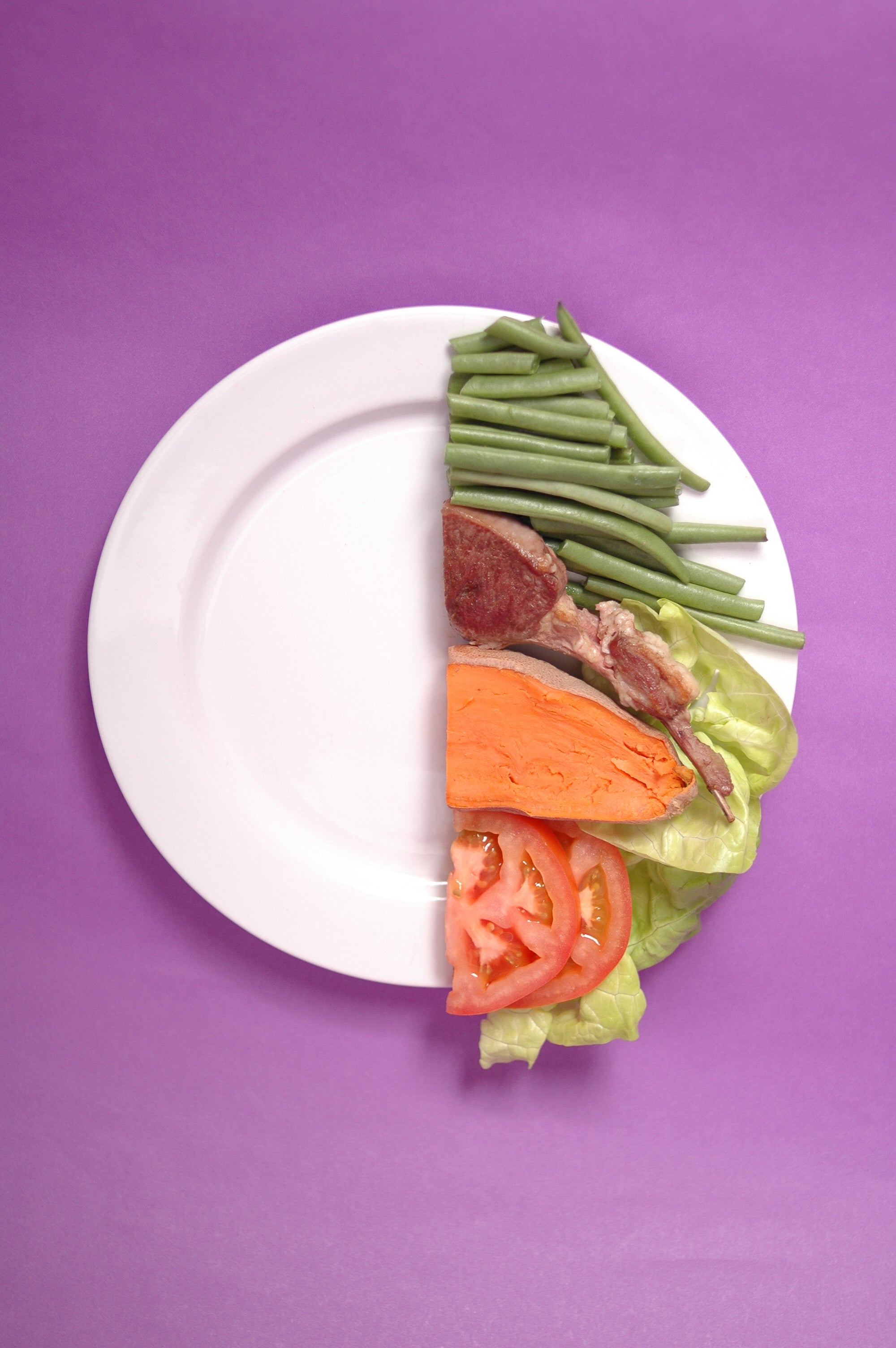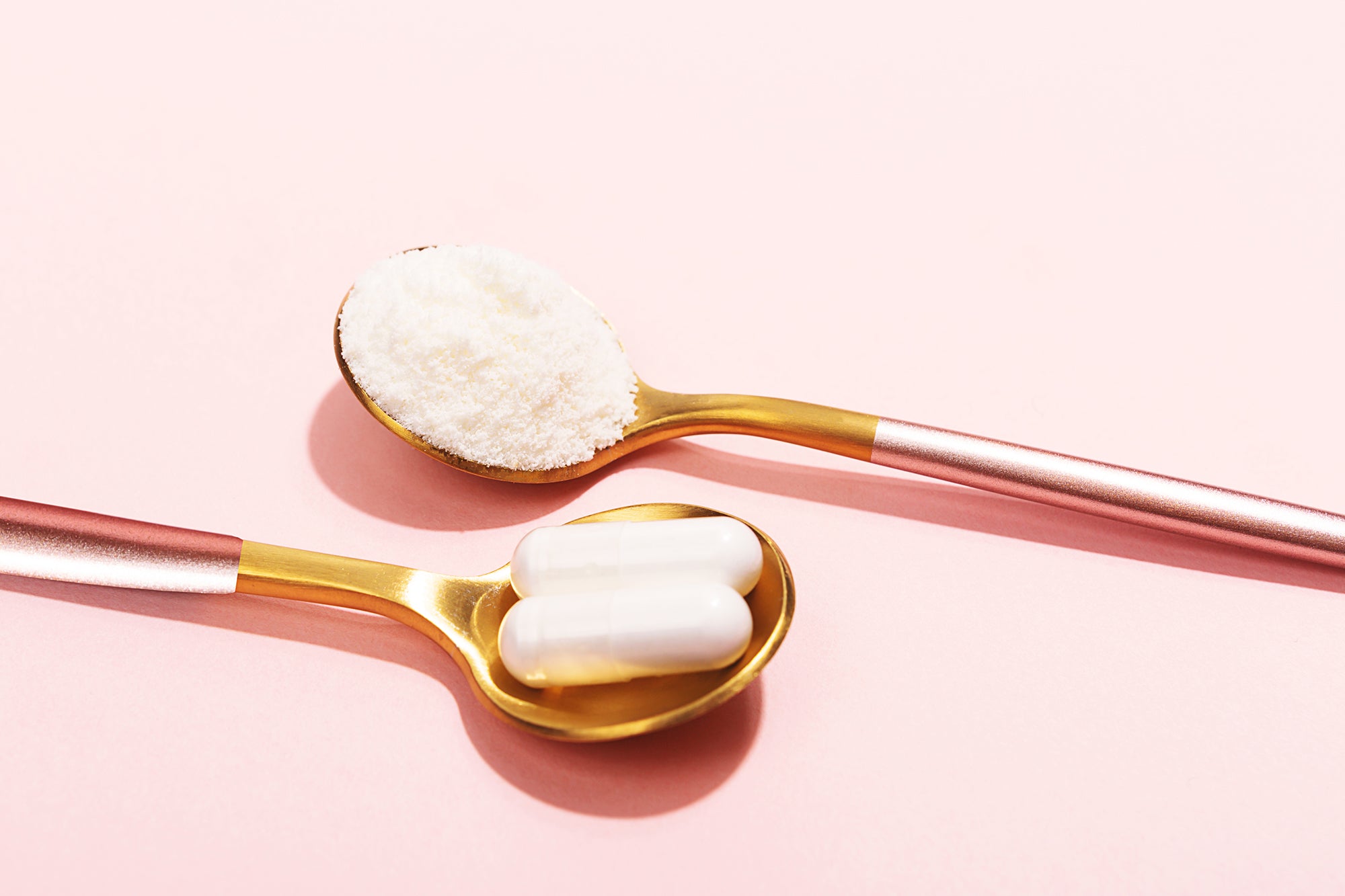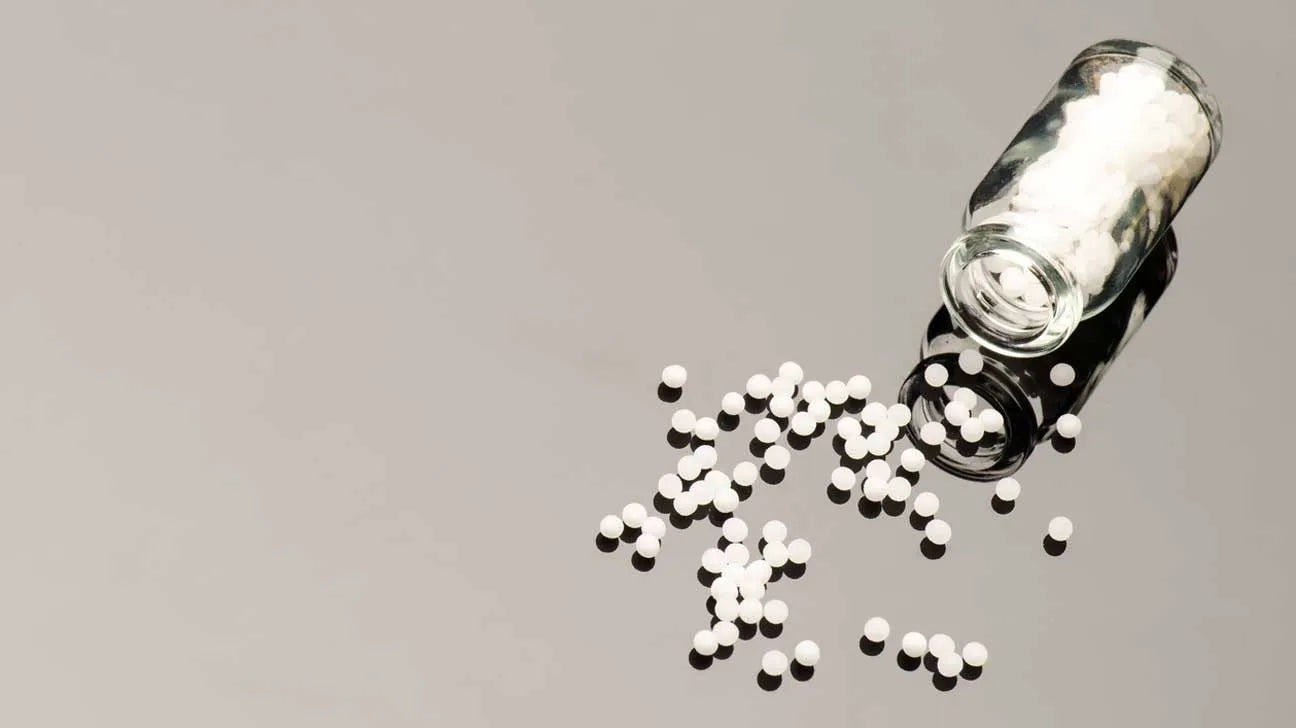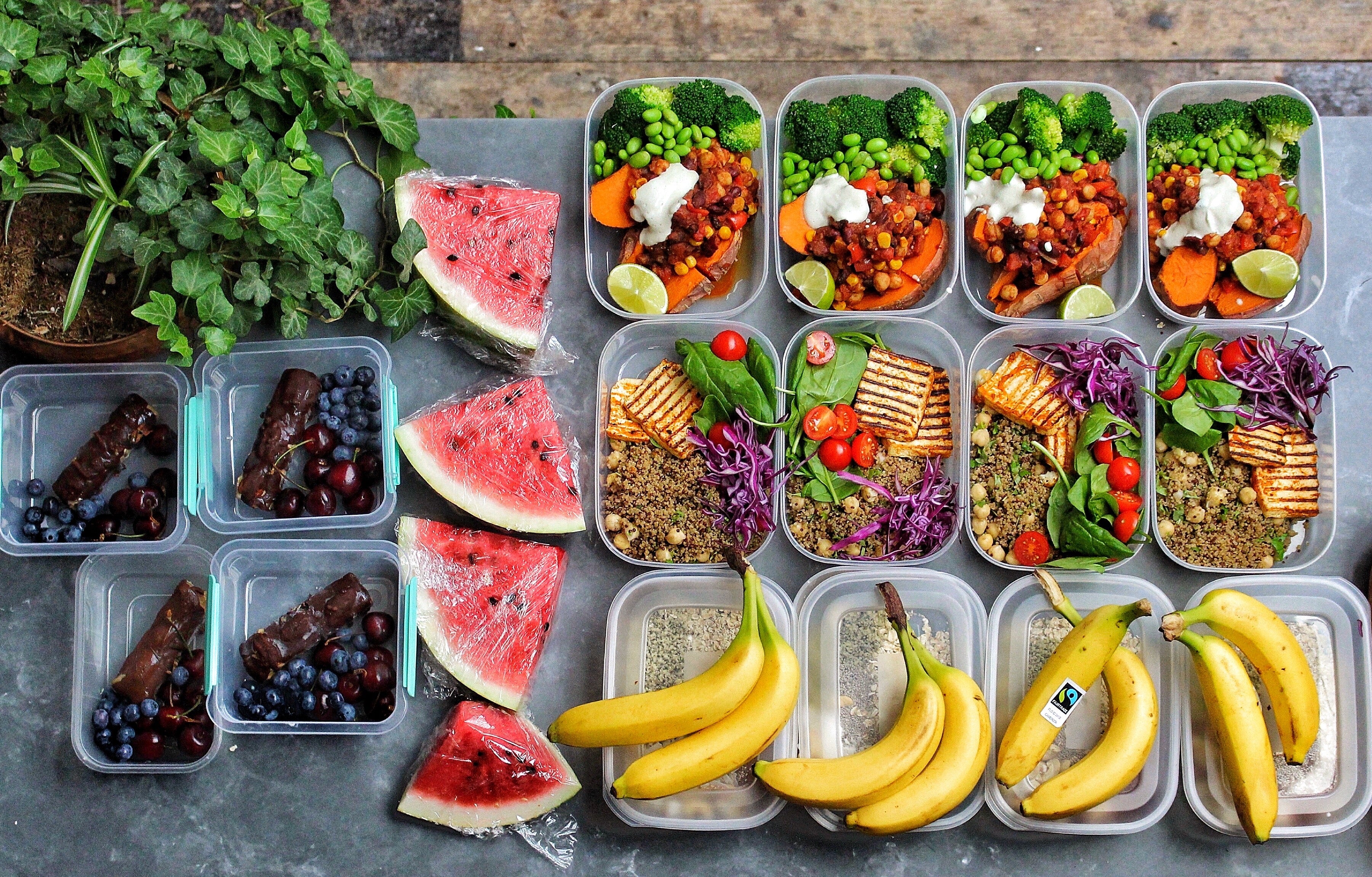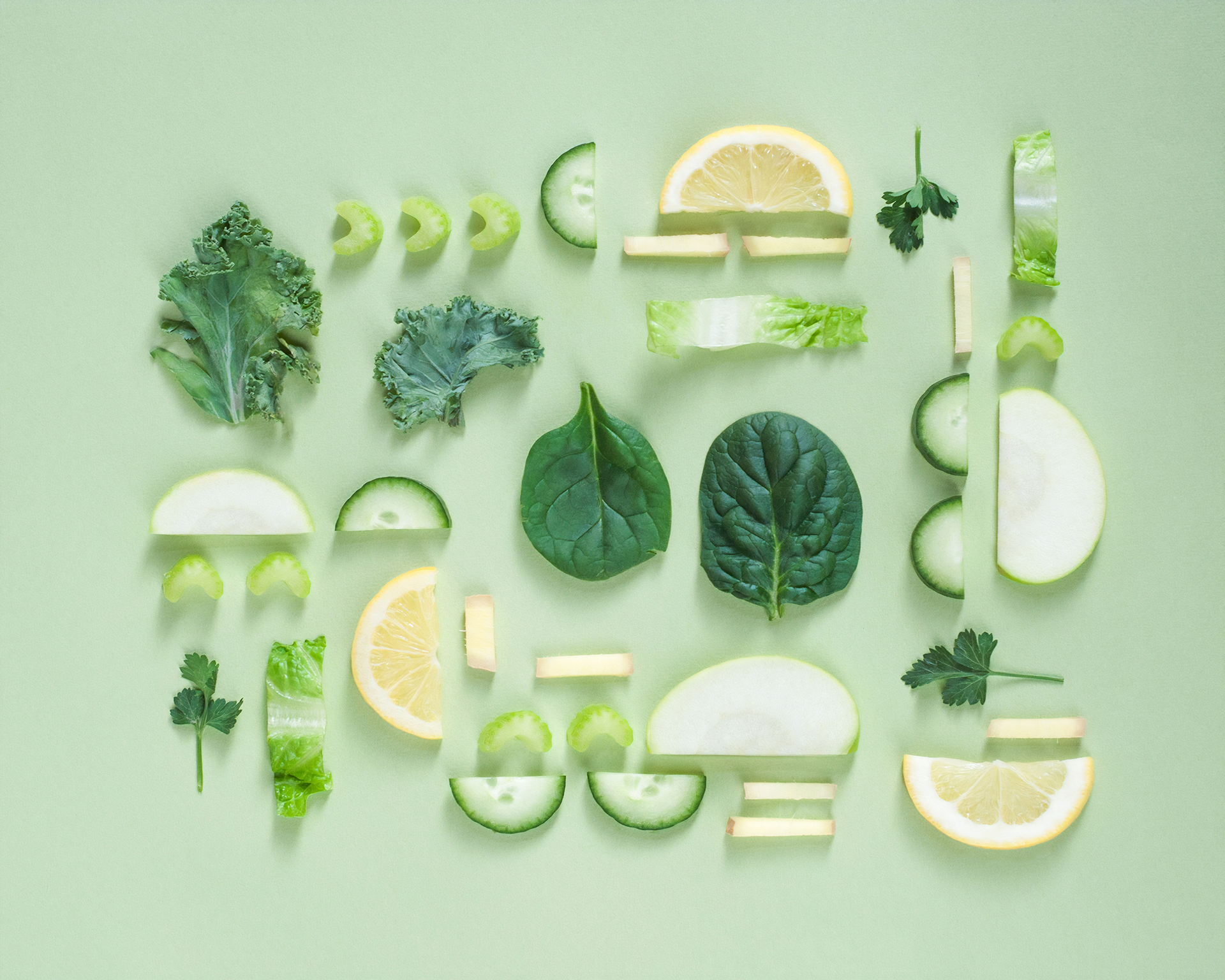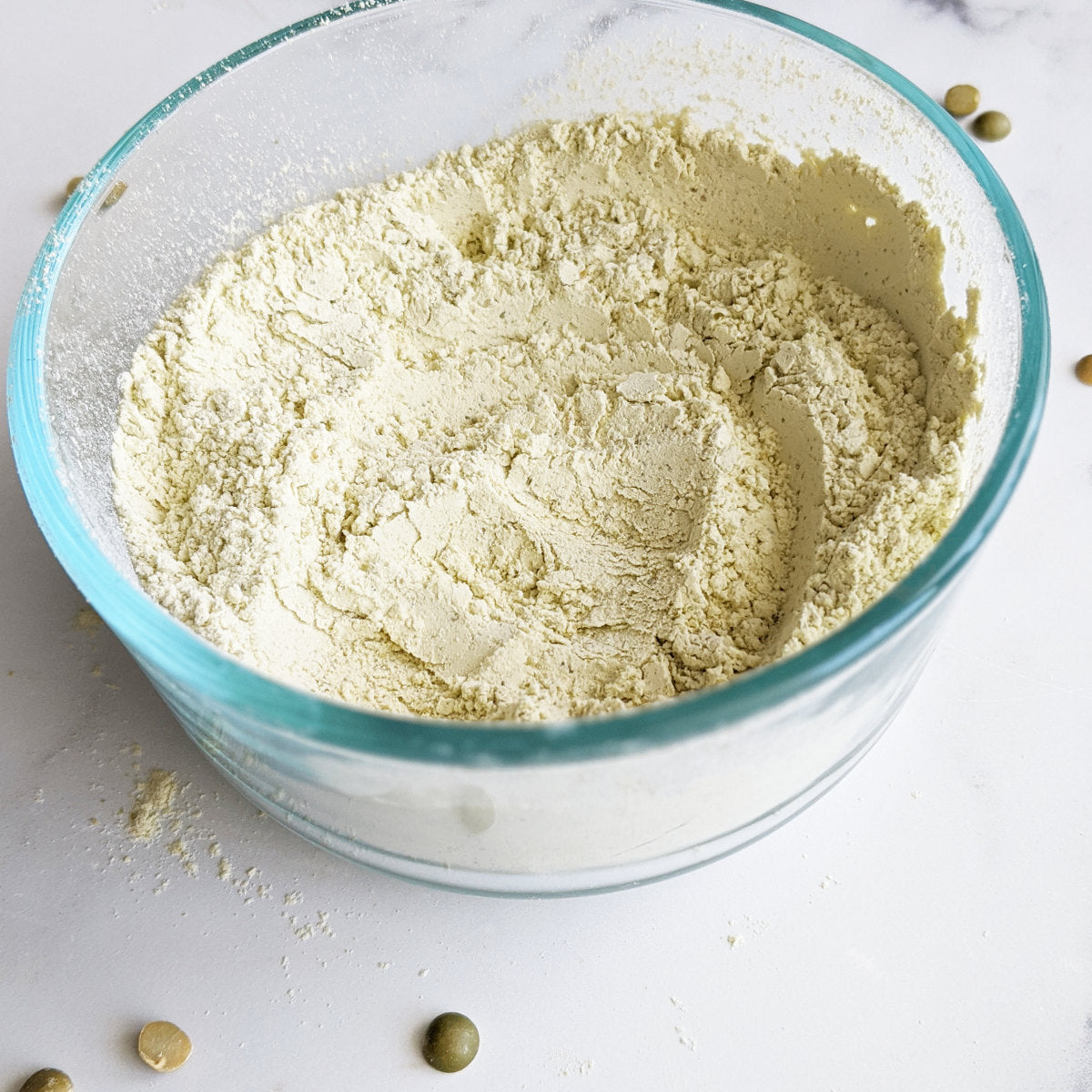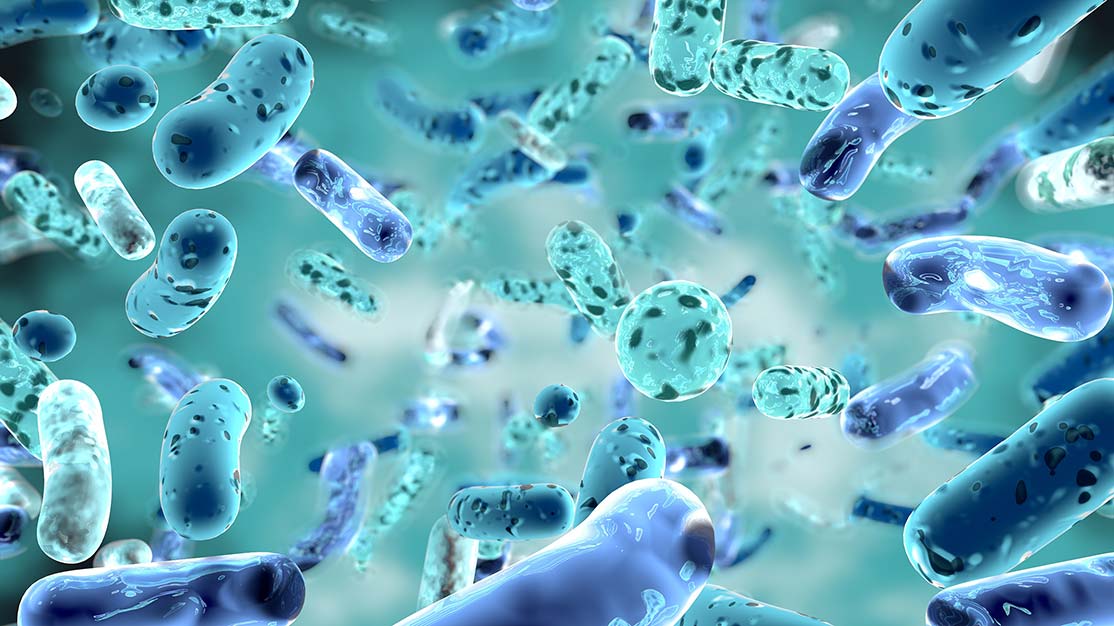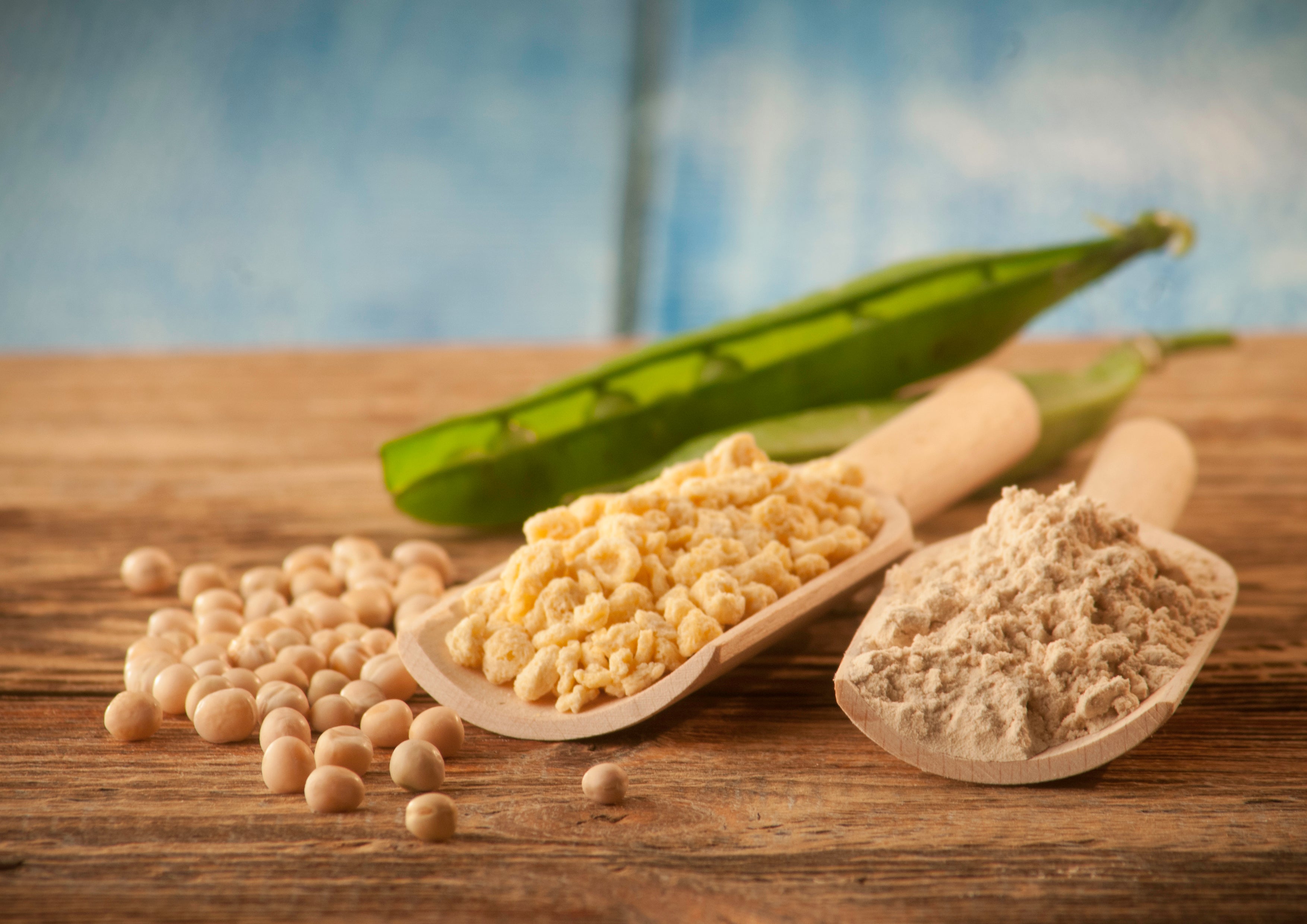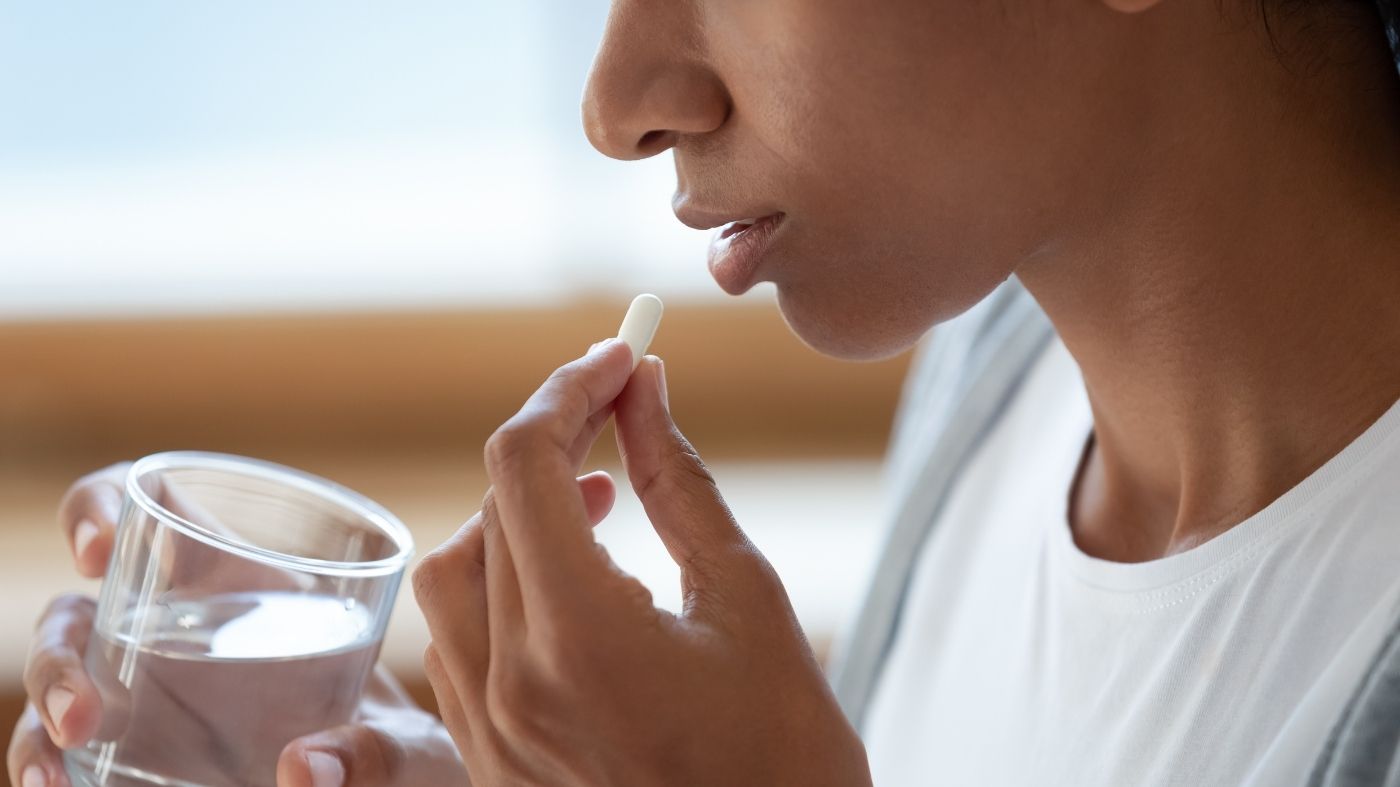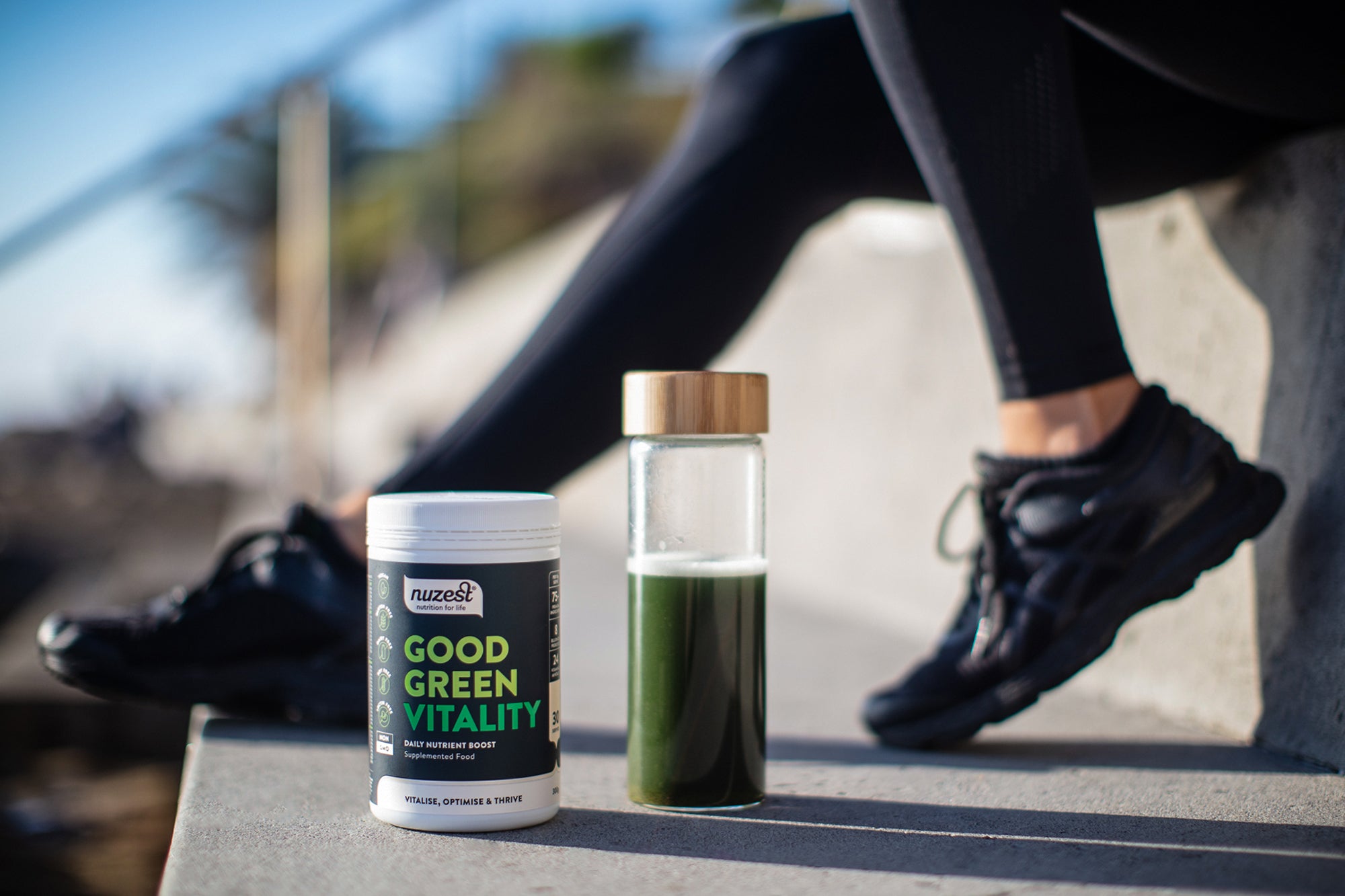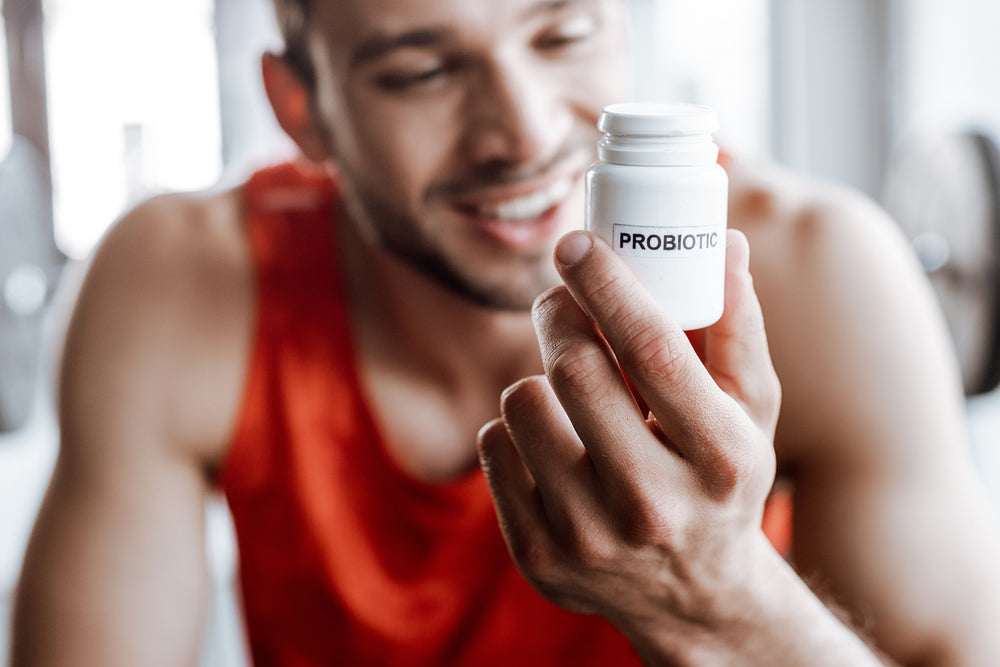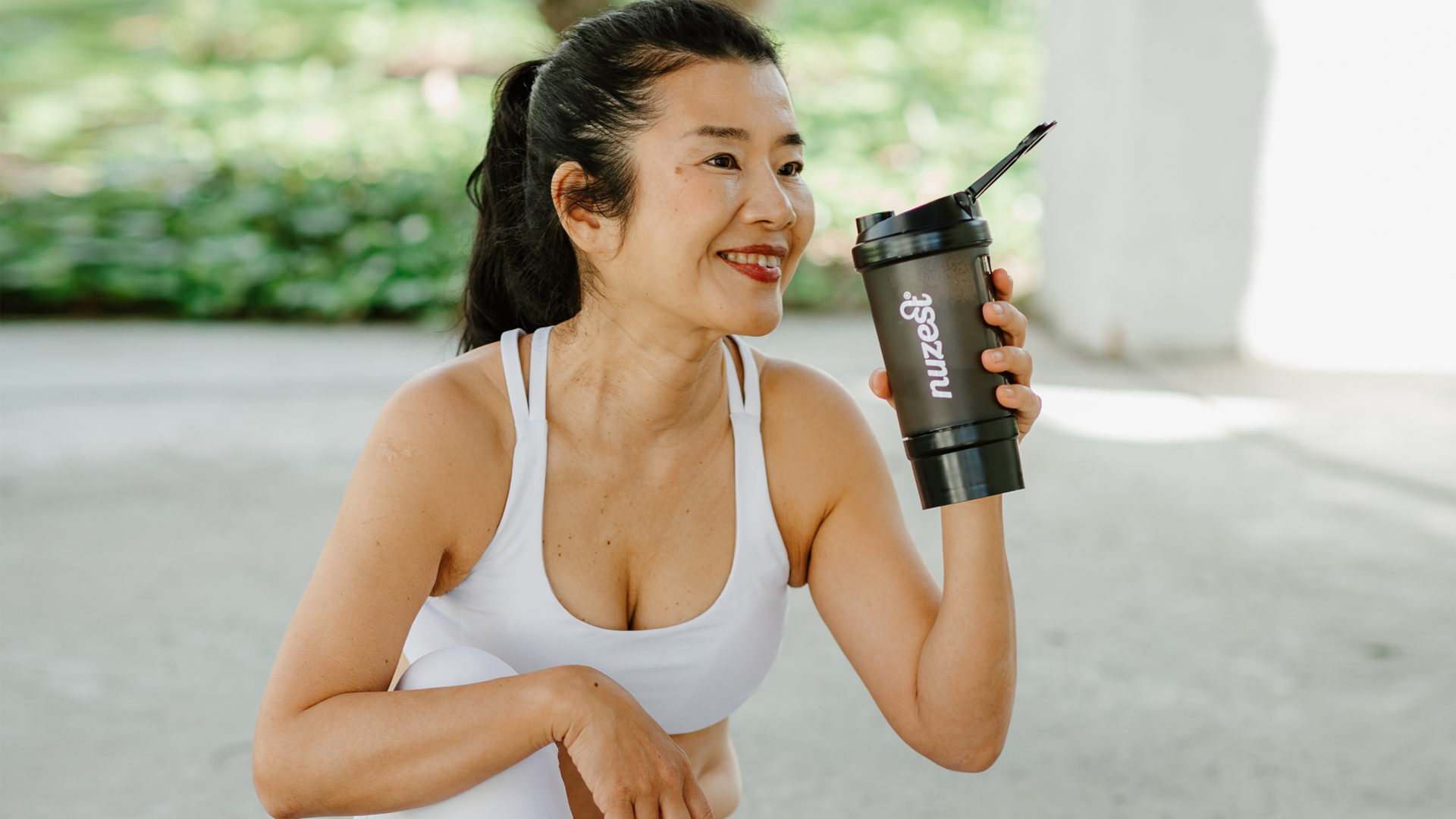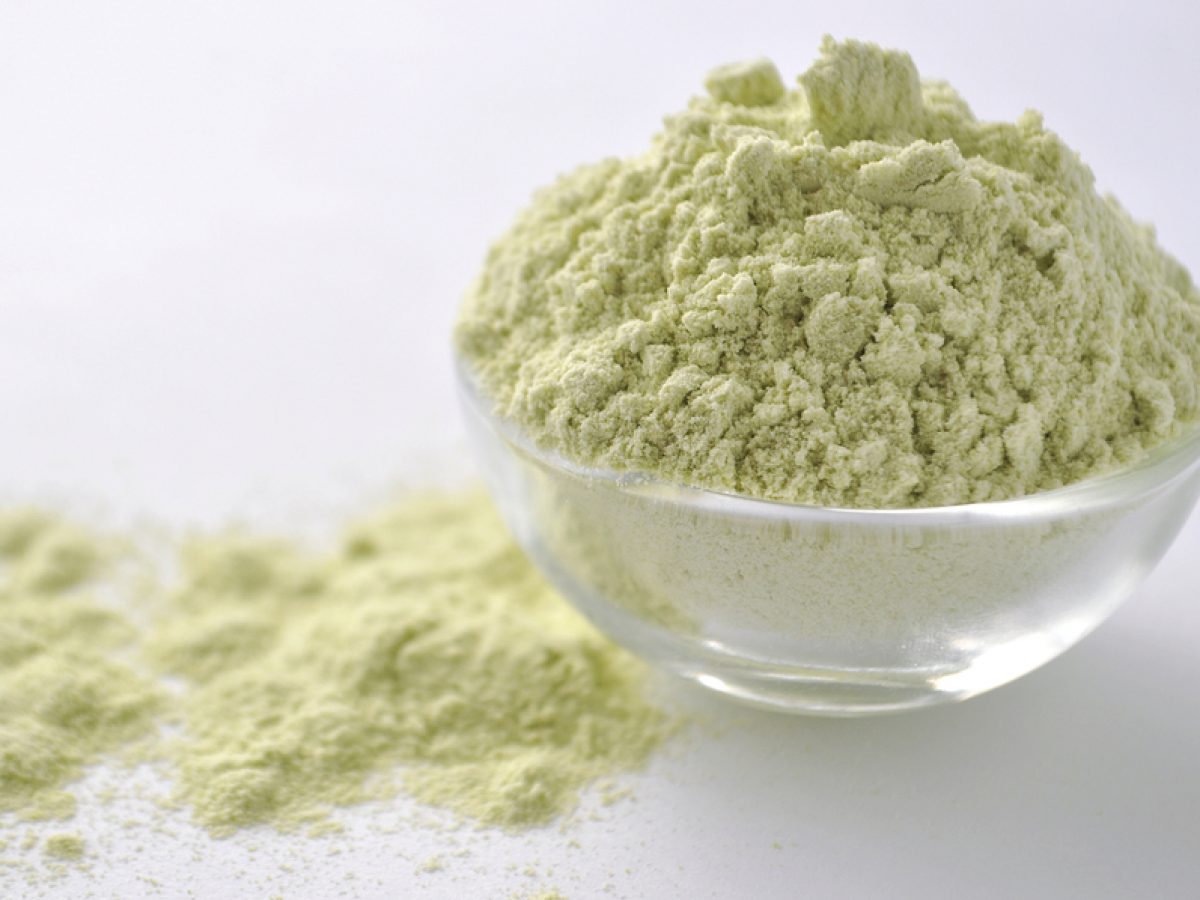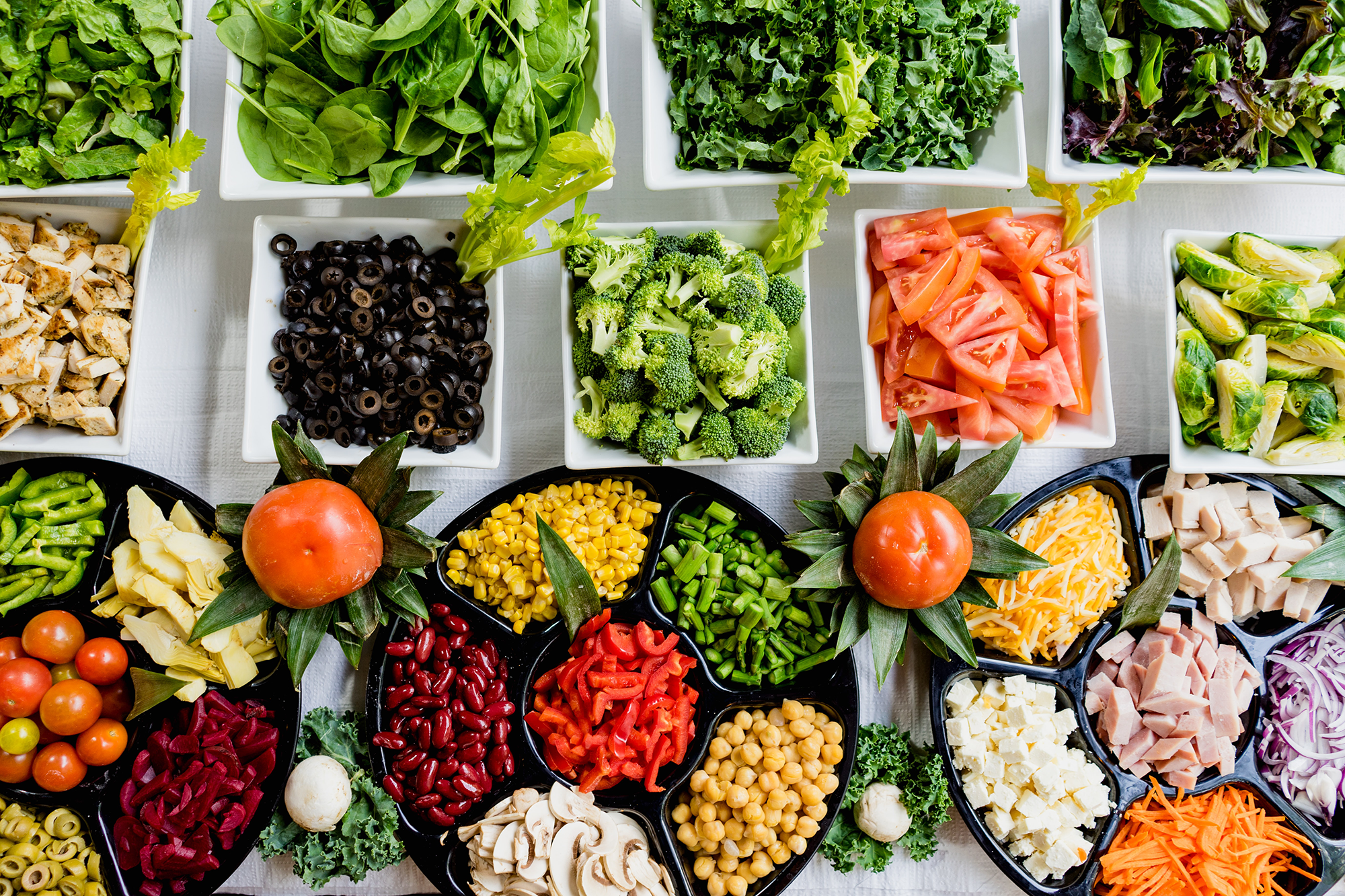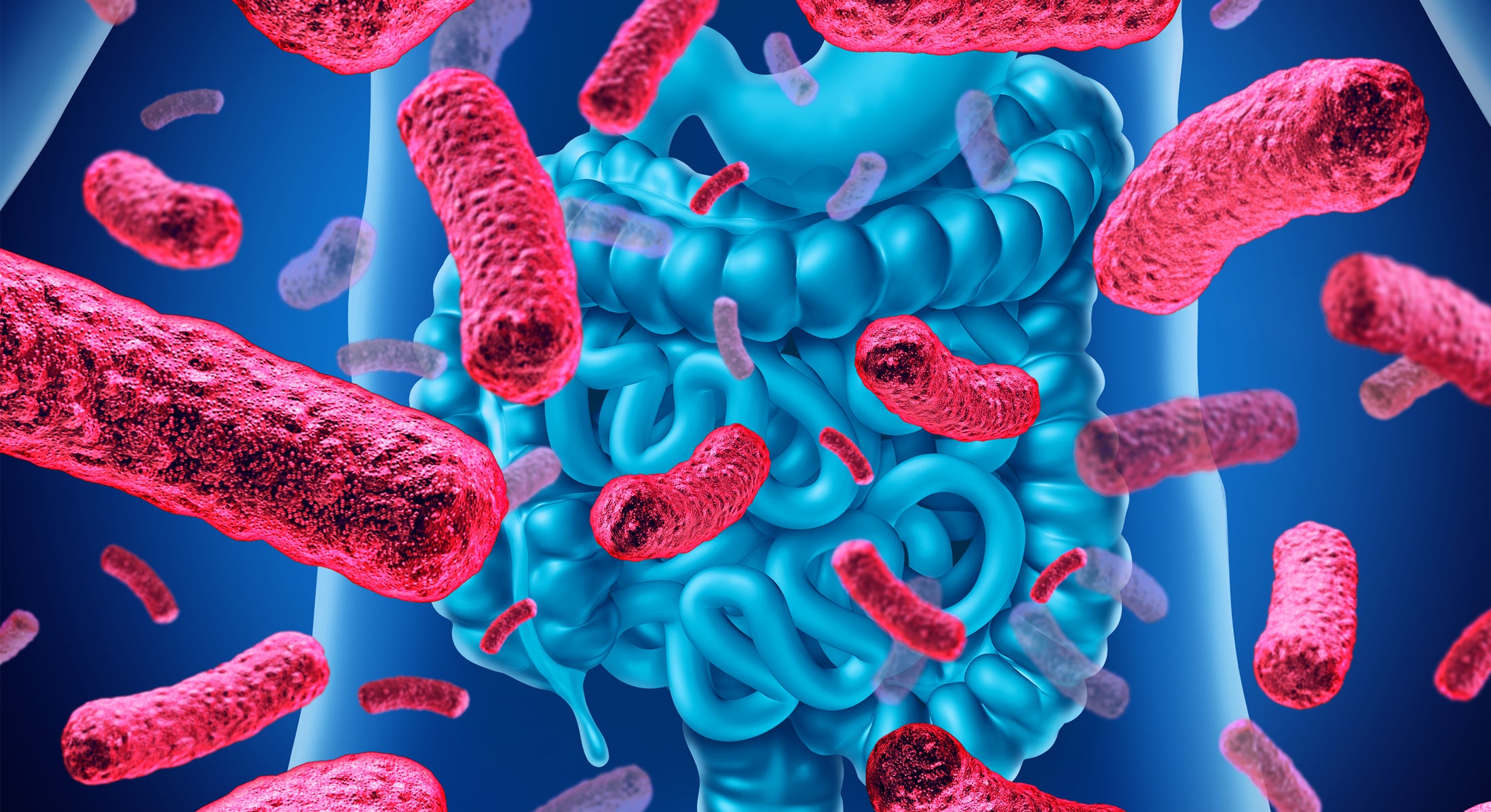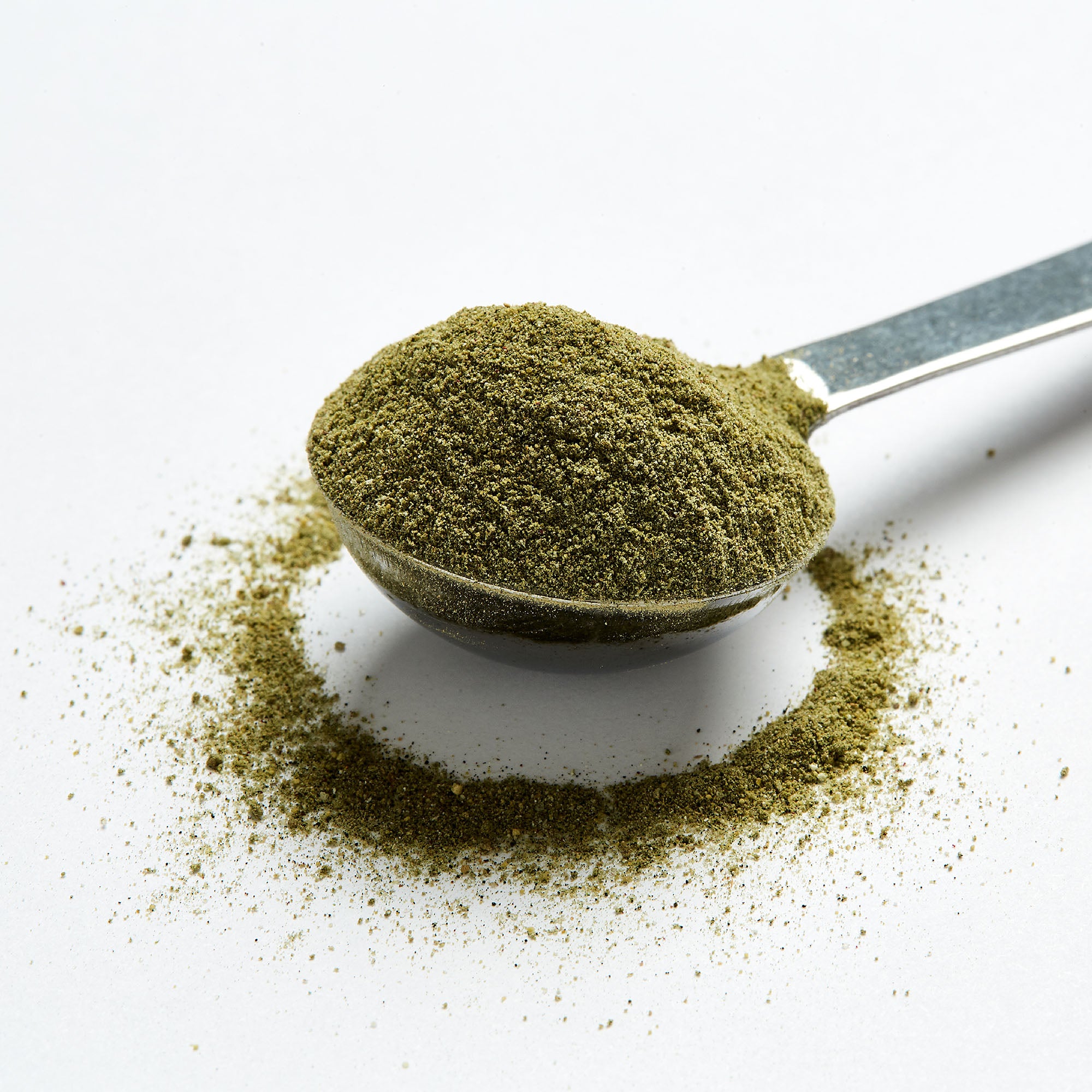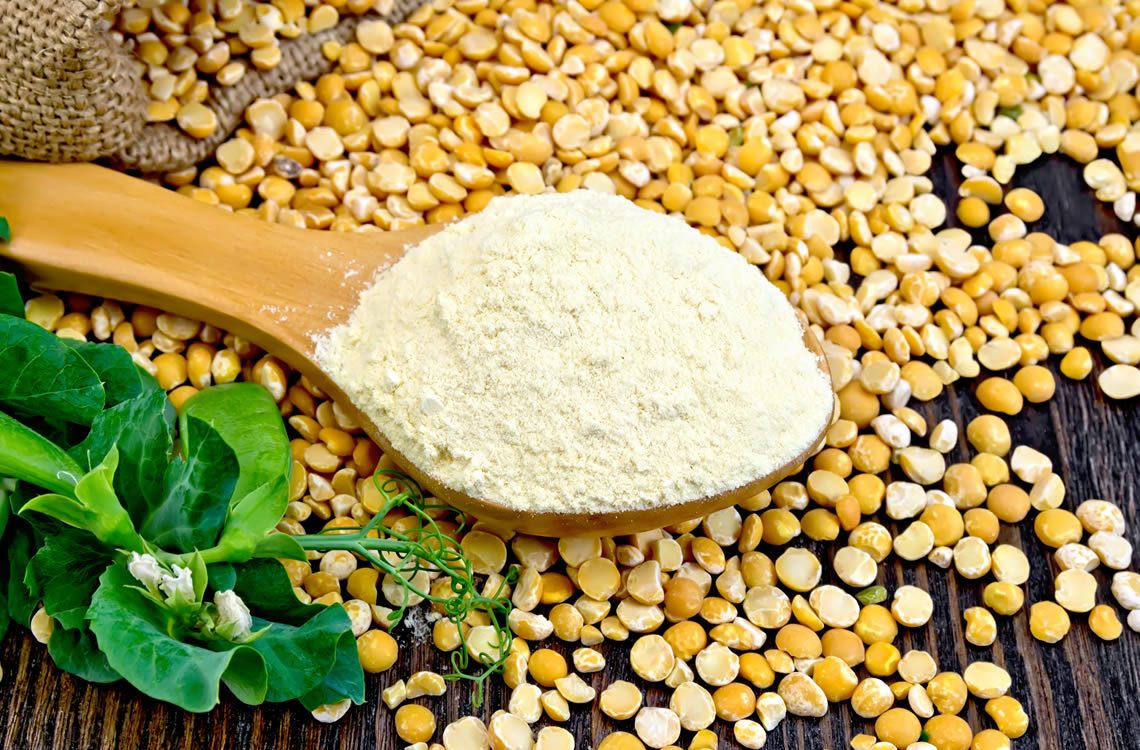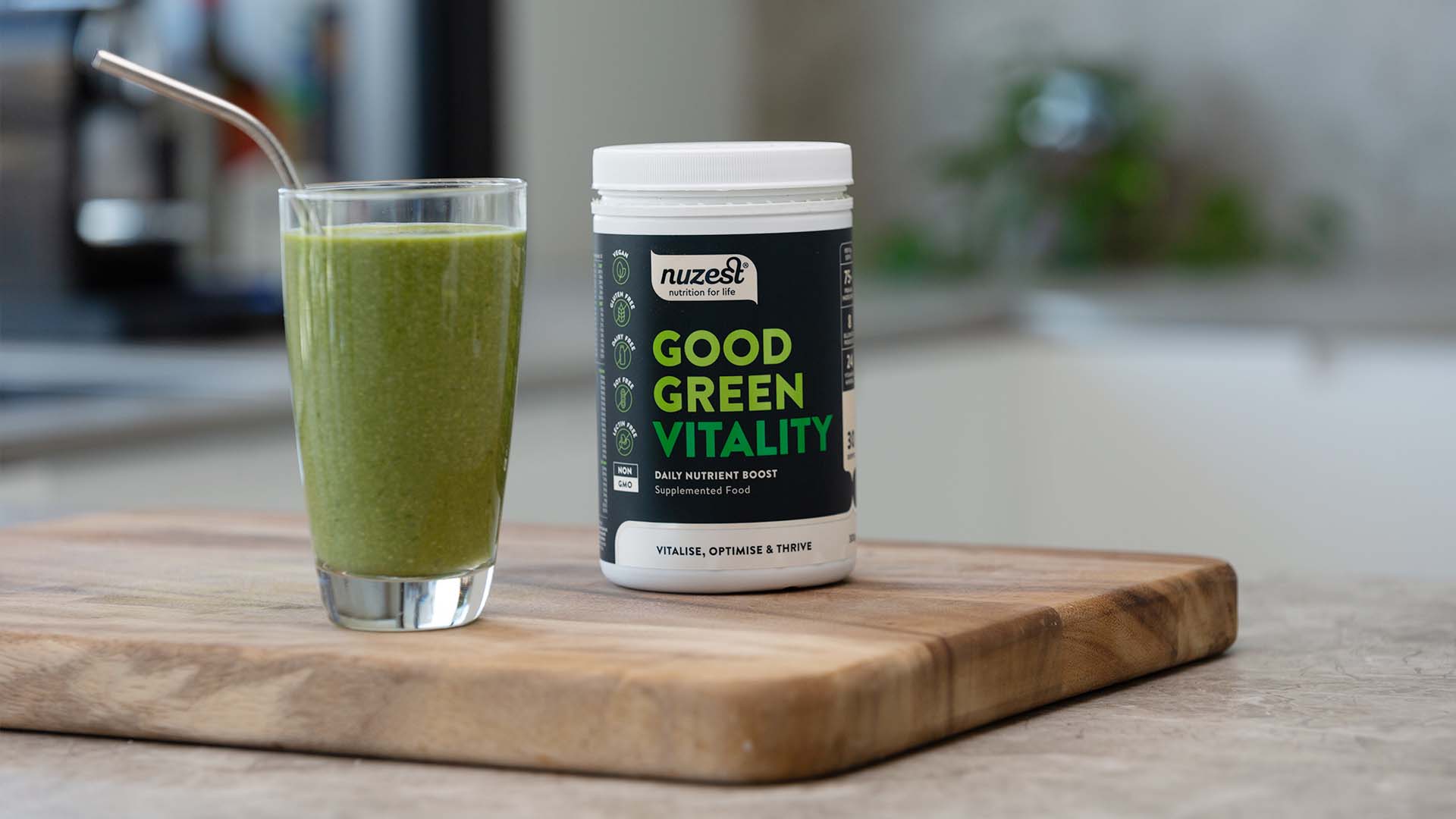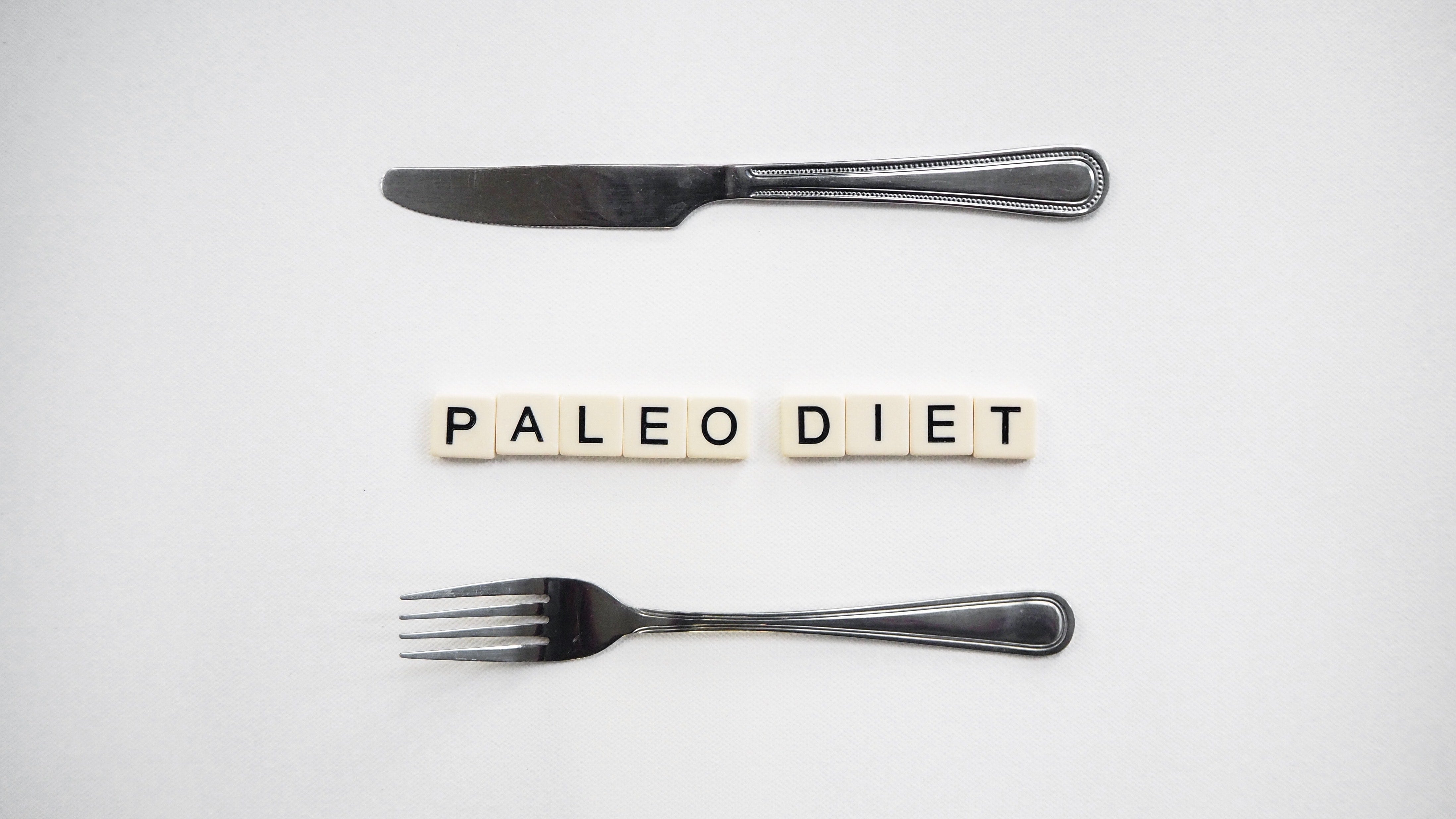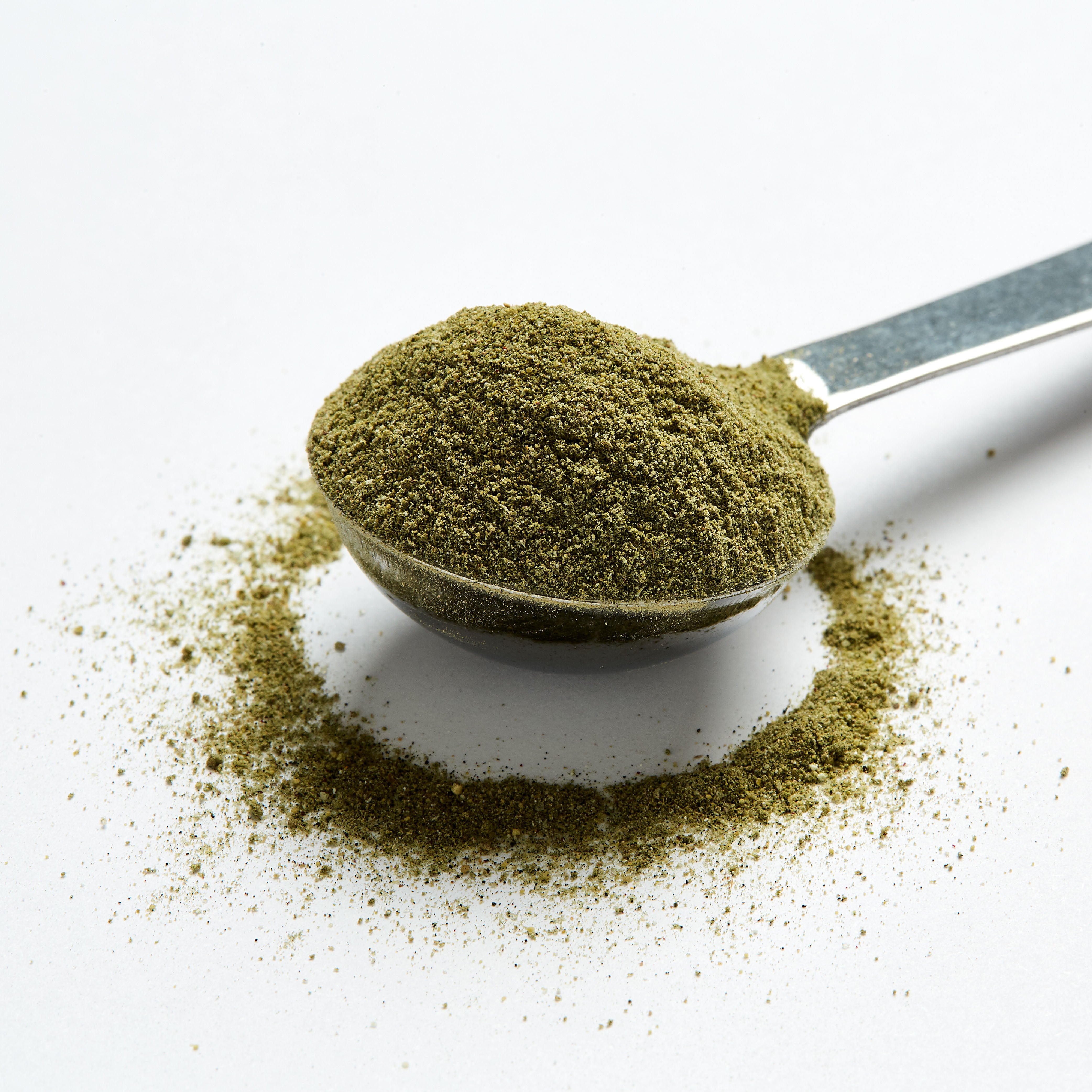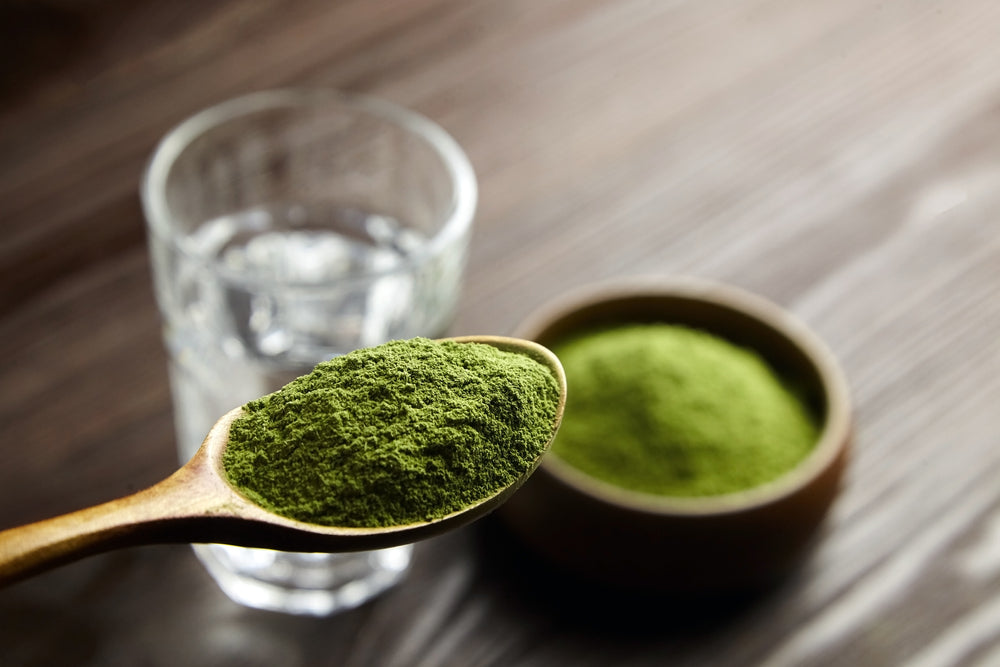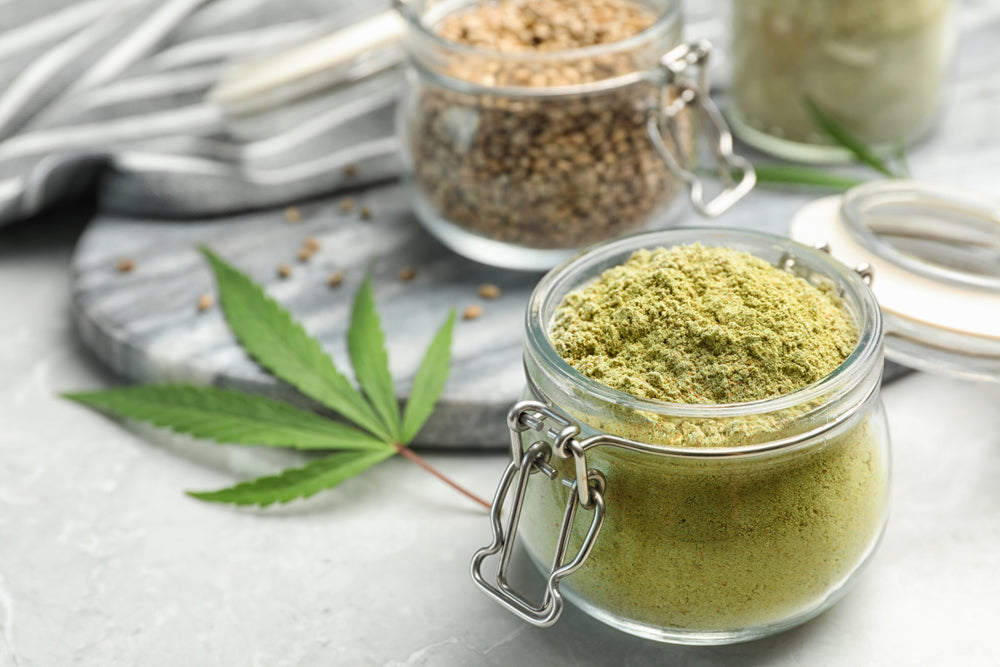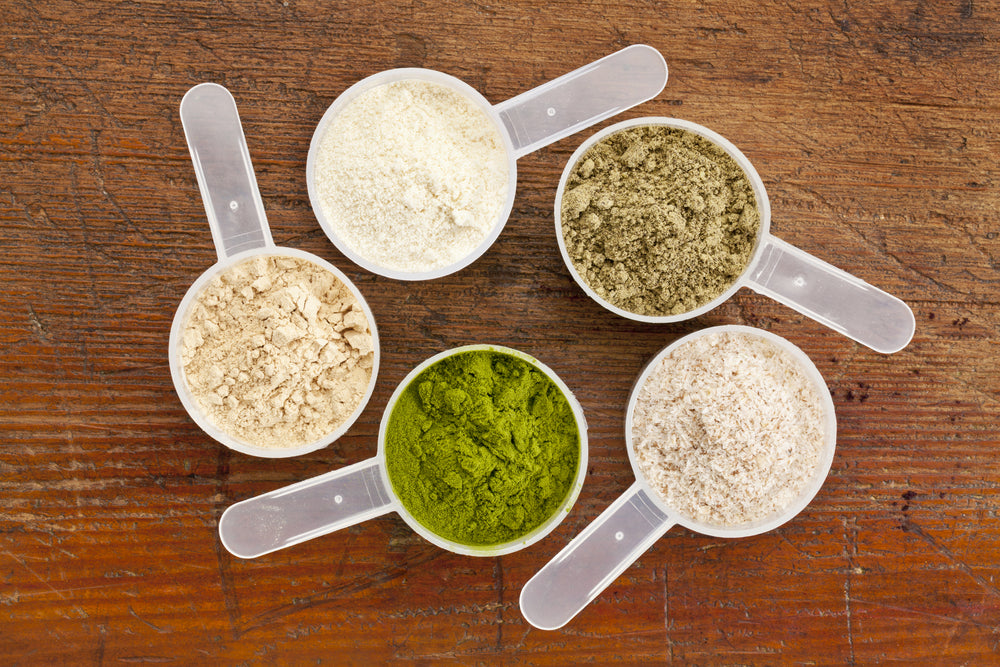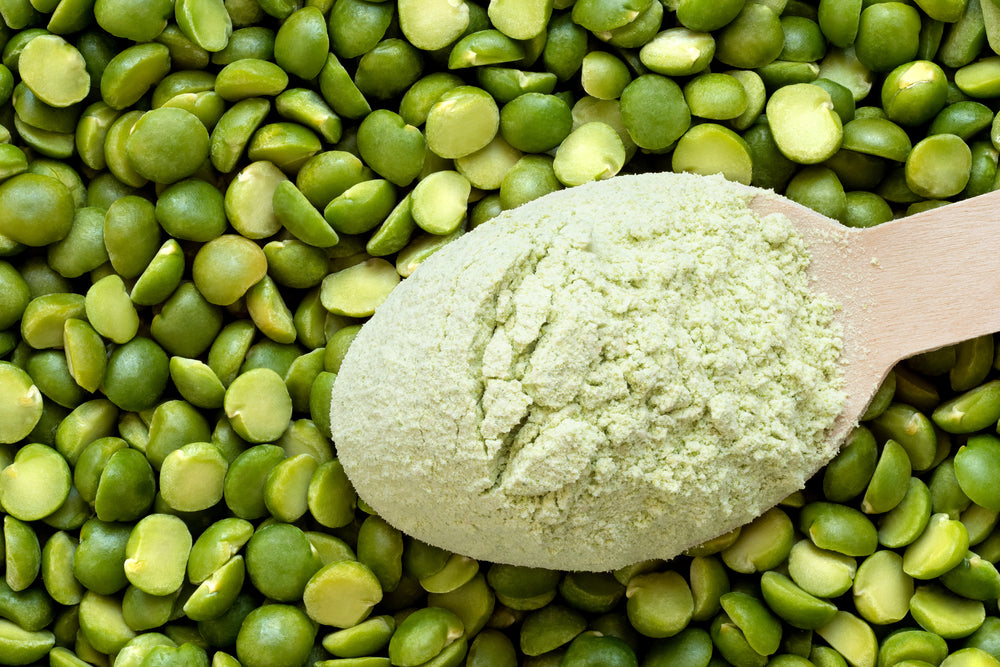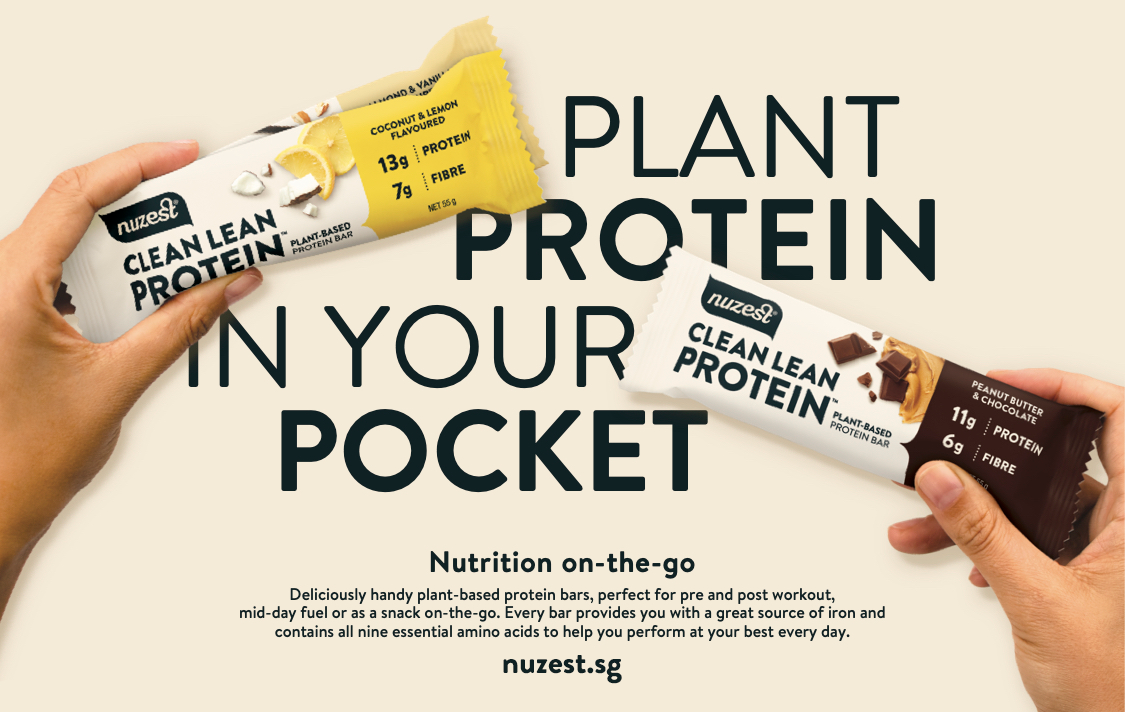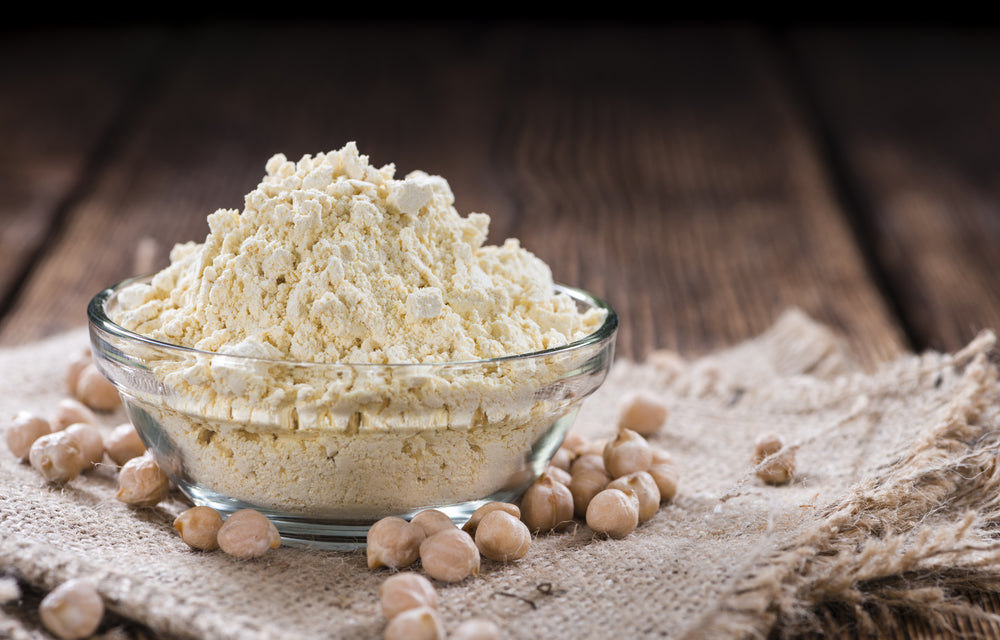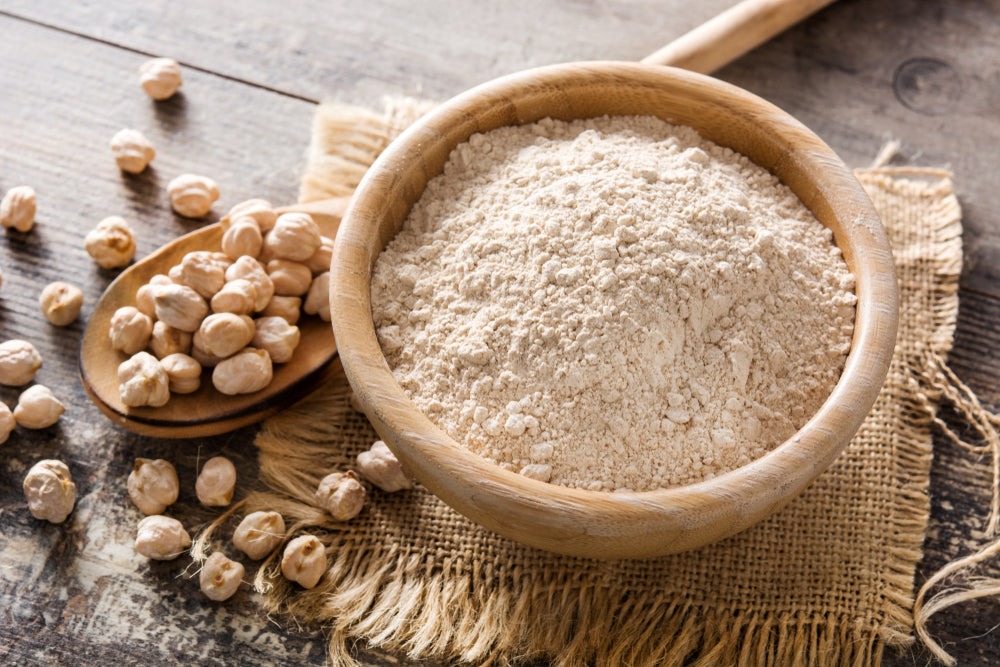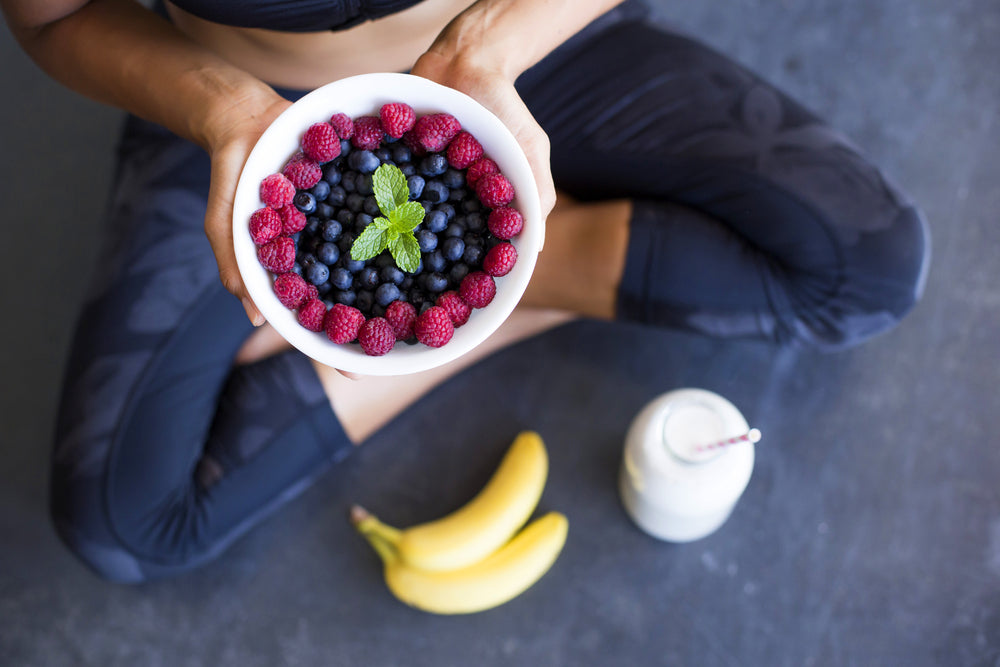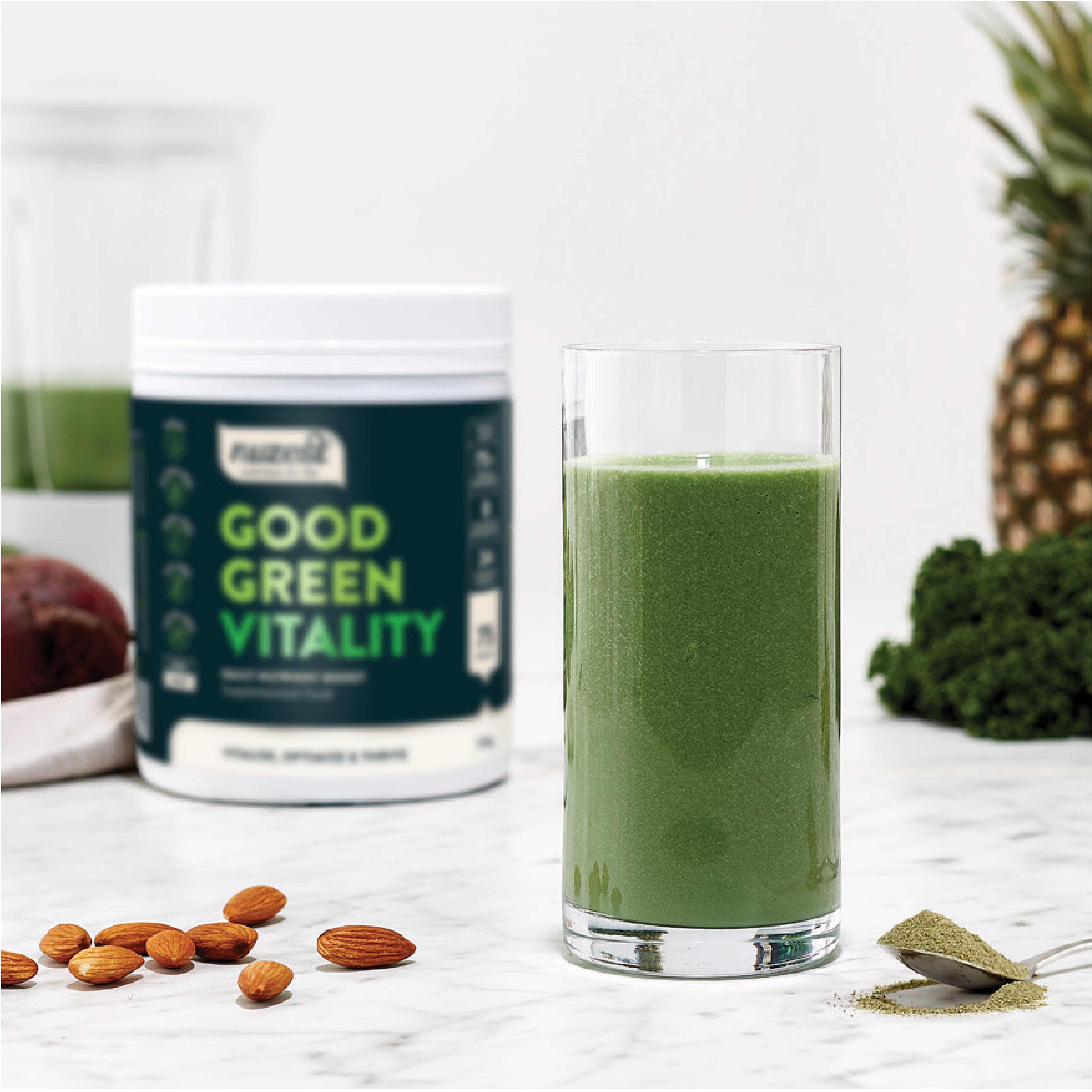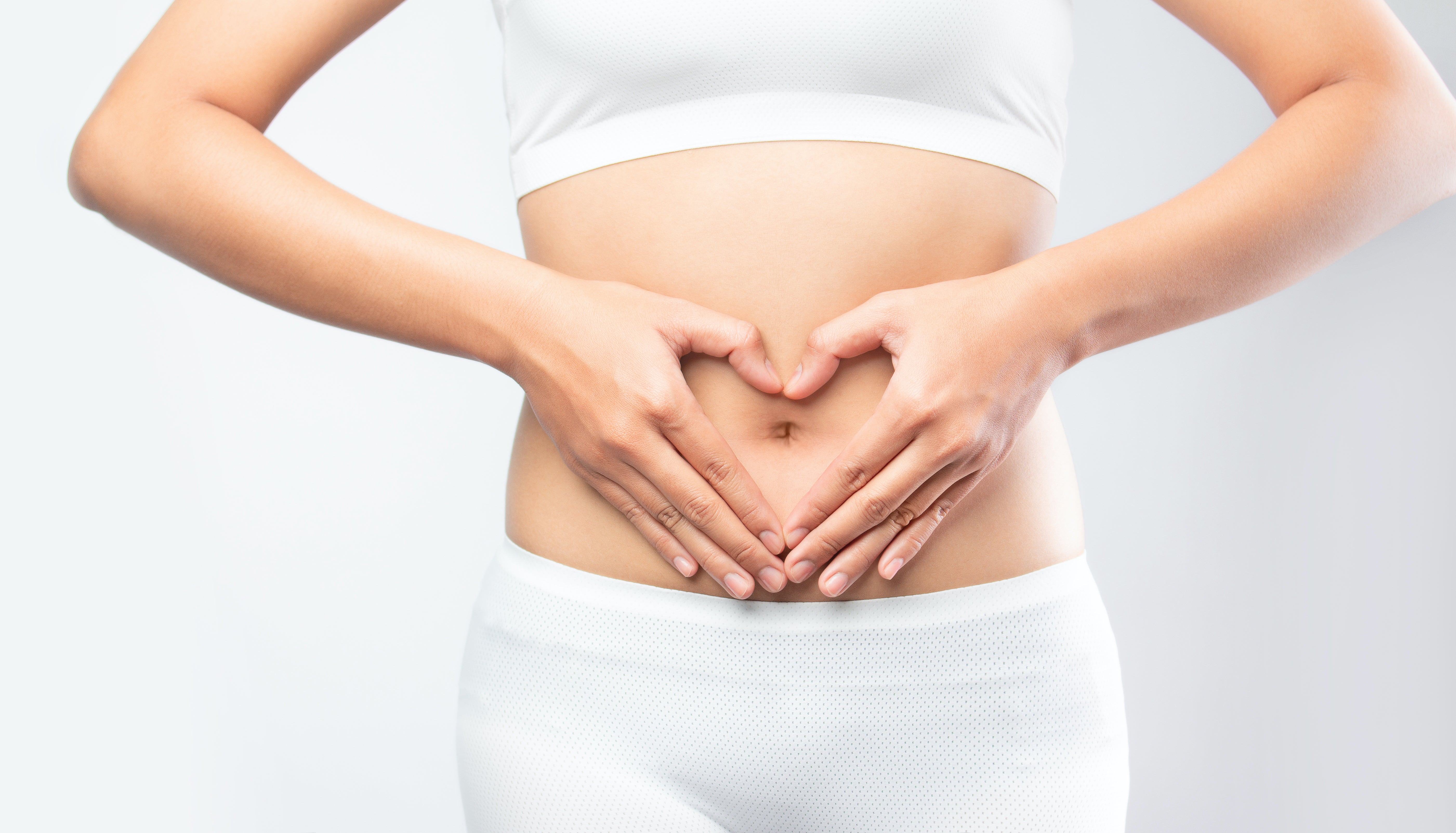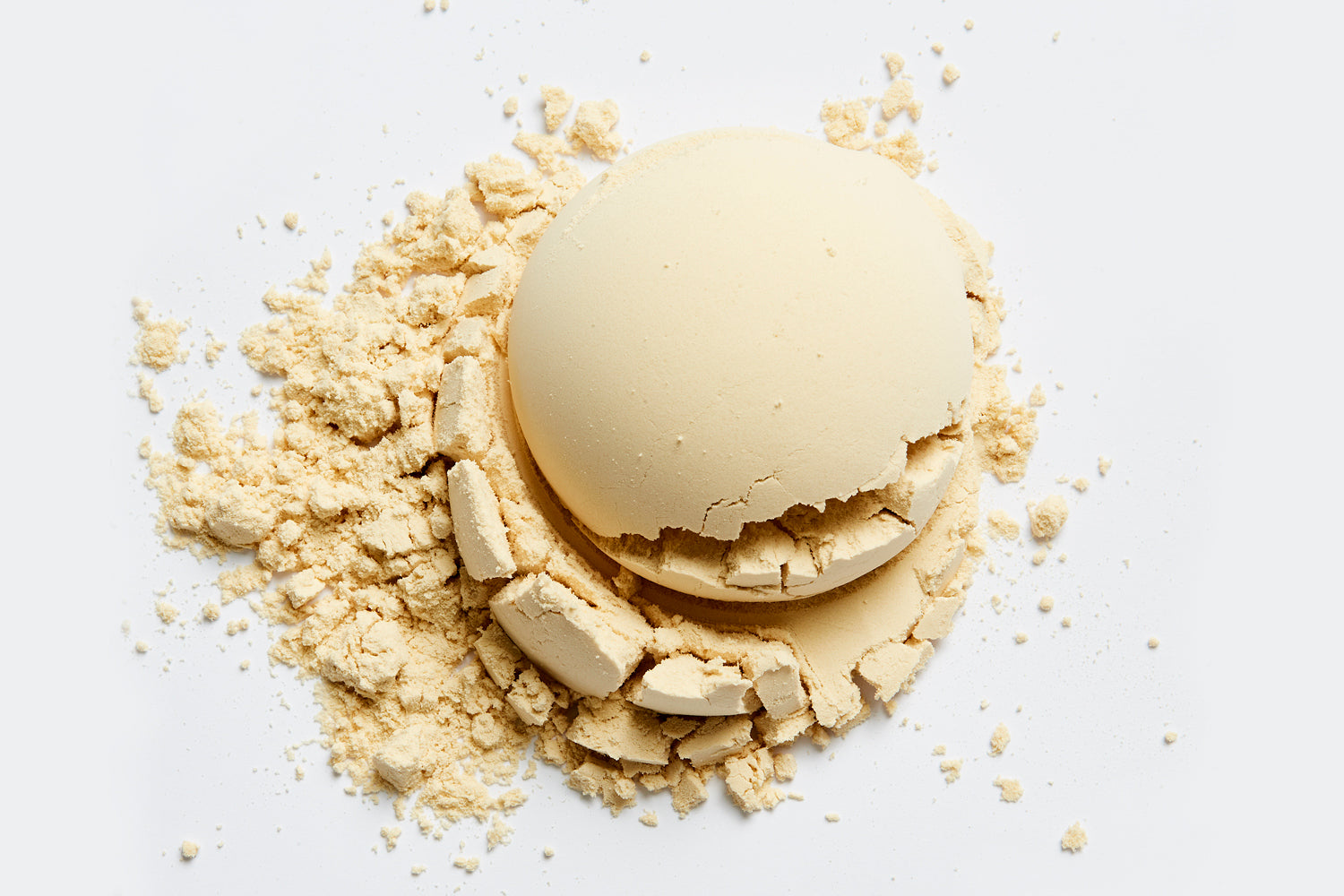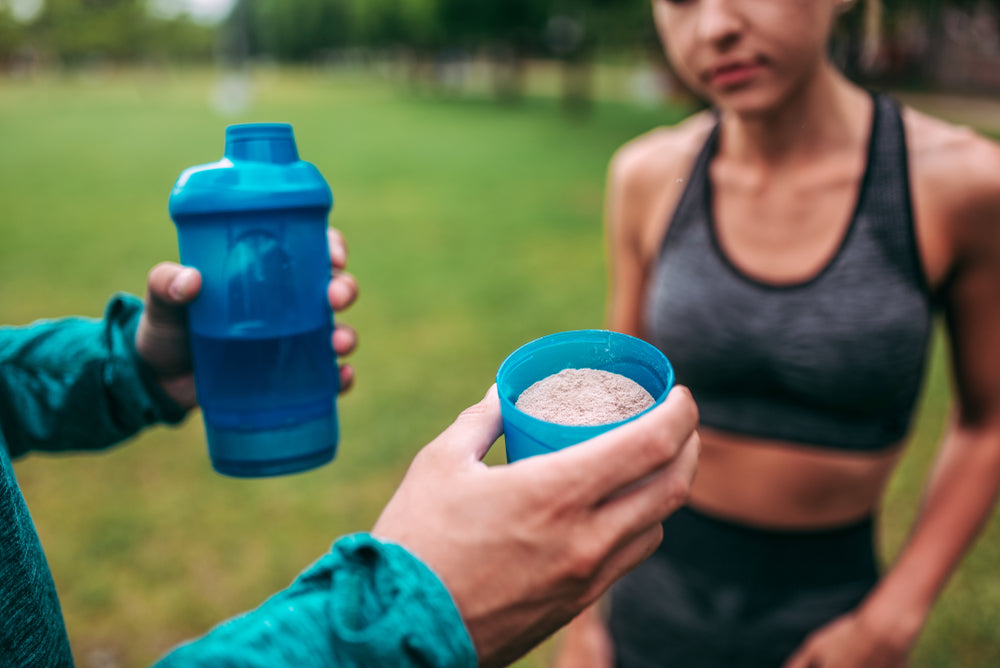Are you drinking protein shakes and want to build muscles but not actively doing any physical activity at all?
There can be health consequences if you drink protein shakes without exercising are: (1) less muscle gain, (2) unwanted weight gain, (3) increased risk of kidney-related problems, and (4) abnormal spike in blood glucose level.
Apparently, it is pretty okay to drink protein shakes without working out as long as you ensure that you don't exceed your daily calorie and protein intake. Then again, why are you drinking it in the first place, though?
In this article, these are the main points that we are going to tackle with you:
- What are the forms of protein shakes?
- What are the uses and benefits of protein shakes?
- How much protein can you get from protein shakes?
- What are the consequences of drinking protein shakes without working out?
Protein Shakes

Protein shakes are dietary supplements that provide amino acids - the building blocks of proteins. It is a nutrition support drink made by combining protein powder with water or any liquid, plus other ingredients to enhance the taste. Protein shakes are typically taken before and after a workout. For several reasons, they are used for muscle gain, weight loss, and injury recovery.
Who Uses Protein Shakes?
- Athletes and bodybuilding enthusiasts.
- People who want to lose weight.
- People who have limited access to whole protein foods
- Vegetarians and vegans (using plant-based protein shakes)
- Busy individuals who need a grab-and-go concentrated protein alternative - as they don't have time to prepare protein-rich dishes.
Forms Of Protein Shakes

A lot of people around the world are testing out different protein powders to maximize their workout efforts. The following are the most popular types of protein powder used in protein shakes that you can find in the supplement market.
Dairy-based protein powder
Whey protein powder
Whey is the most-studied type of protein powder. And, it is a popular fitness powder supplement consumed by athletes and bodybuilders.
It is a powdered form of proteins taken from whey, the watery component of cow's milk.
This type of protein powder contains all essential amino acids and has a high protein bioavailability.
Casein protein powder
Casein, known as the chief protein, is the tasteless and odorless amorphous white solid found in milk.
Casein protein powder also has all essential amino acids. However, unlike whey protein, it has a lower score in terms of protein bioavailability.
Plant-based protein
Hemp protein powder
Hemp protein comes from the seeds of a cannabis plant called hemp. It contains all essential amino acids - especially having high arginine content. Plus, hemp protein is also rich in omega-3 and omega-6 fats.
Pea protein powder
Pea protein is derived from the yellow split peas. It contains all essential amino acids, and they're widely known as the less allergenic protein powder.
Soy protein powder
Derived from the soy plant, soy protein is a complete protein that contains soy isoflavones.
Rice protein powder
Most rice protein powders are made from brown rice. They may have all the essential amino acids, but they are considered inferior to whey protein for muscle building. Notably, it has a very low lysine content.
The Benefits Of Protein Shakes - Why Are People Using Them?
If you are curious whether these shakes will give you the results you expect, you're not alone.
We all know that protein is a crucial macronutrient that provides the vital amino acids and building blocks for your body to repair muscle tissues, build muscle mass, improve strength, and optimize overall body composition.
So what are the main reasons why people drink protein shakes?
To build and strengthen muscles
Athletes and bodybuilders drink a protein shake to increase muscle mass, strength, and physical performance.
According to a study, protein supplementation combined with a balanced diet and adequate training can help increase muscle mass and performance of healthy and active individuals.
To lose weight.
It takes the body a long time to digest protein compared to carbohydrates. That explains why protein can be of great help in decreasing hunger and suppressing appetite.
The amount of your protein shake intake can help curb food cravings, giving you a feeling of fullness for a more extended period. Thus, it minimizes your tendency to consume extra calories.
A 2017 study found that participants with metabolic syndrome who stick to a high-protein diet were able to significantly lose weight compared to those who follow a standard-protein diet.
The nice thing about protein shakes is that they are in liquid form, which does not provide much bulk to the stomach. Sometimes, protein shakes may also be used as a meal replacement.
To supplement their protein intake.
This can serve as a convenient protein source for your diet, especially when you have limited access to quality high-protein whole foods.
To promote quicker muscle recovery.
Various types of workouts put your muscles under stress - especially if you are doing resistance training. Your muscle fibers get damaged while working, and the body repairs and builds new muscle when at rest.
With protein shakes, they provide an immediate supply of amino acids that can easily be absorbed by your body. The increased amino acid intake triggers a more responsive muscle synthesis after exercise.
To Transition to a plant-based diet
There are plant-based protein shakes formulas available for dieters who want to remove animal protein from their meals.
How Much Protein Does Our Body Needs?

In general, according to the Food and Nutrition Board for the Institute of Medicine, the Recommended Dietary Allowance for protein for individuals of 19 years old and above is 46g per day for females and 56g per day for males.
How Much Protein Can You Get From Protein Shakes?
The amount of protein you can get from a scoop of protein powder varies from brand to brand. On average, note that you can get from 10 to 30 grams of protein per serving of protein powder. That approximately covers 20 to 50 percent of your daily recommended protein intake.
Aside from protein, some plain protein shakes contain trace amounts of other vitamins and minerals.
Can You Drink Protein Shakes Without Working Out?
What are the consequences if you don't exercise while taking protein shakes? Is it safe to drink protein shakes without working out?
According to research, if you're healthy, you can safely drink protein shakes.
You might have seen many fitness advertisements claim that protein shakes can give you the muscles you dream of, or it can help reduce body fat or promote weight loss. However, it does not work like magic if you don't pair it with exercise.
This is what will happen to your body if you drink protein shakes without working out:
No substantial muscle growth.
The reason why athletes or bodybuilders use protein shakes is to boost their protein intake. The extra protein they'll get from protein shakes enables them to build more muscles and get the most of their workout.
Challenging your muscles through exercise is your way to gain muscle mass. Remember that most protein shakes have high bioavailability, which the body can immediately utilize.
If you don't exercise, where does this excess protein from your protein shakes will go? Your body will either store it as fat, or it will be excreted in your urine then flushed down to the drain.
If you don't make the most out of it, that's like turning your protein shakes' value equivalent to drinking a glass of ordinary flavored drink. Thus, take advantage of what your protein shakes can offer! Get those muscles busy; it's going to be worth it in the end!
Unexpected Weight Gain
You're drinking protein shakes to gain muscles, not to gain body fat!
Known as a healthful protein substitute, some perceive protein shakes as just milkshakes in disguise. Why? There are protein shake mixtures that are high in calories, sugar, cream, or ice cream.
One serving of protein shakes typically has about 100 calories and above. Imagine, that's approximately equivalent to a half cup of cooked, boiled rice or 4 ounces of boiled potatoes.
You'll be adding extra calories to your regular protein shake with the addition of milk, fruits, vegetables, ice cream, or meat! That will be like a 200-500 calorie drink (or even more)!
So if you just nonchalantly drink protein shakes (especially with added ingredients) without working out, it will undoubtedly result in unwanted weight gain. That's just how your body works in nature - especially if you are not engaged with more physical activities.
Be aware that your body knows how many calories it needs to give you energy. Your body will just store the extra calories in the form of body fat. Then, it will be utilized if your body runs out of primary energy sources.
Weight gain can be troublesome. If you stay active by exercising regularly, your risk of gaining unwanted weight is low.
May harm your kidneys
Remember that your body needs protein to repair and build muscles. The body will demand more protein, especially if your muscles are constantly challenged by your regular workouts. Thus, your body knows how much protein it needs to use to help you recover.
So what happens to the excess protein that your body didn't utilize? Aside from storing it in the form of fat, your body will just simply flush the rest away. But what's wrong with that?
Your kidneys are responsible for metabolizing excess proteins. Consuming more protein than your body needs can disrupt your kidney's metabolism.
Experts revealed that a diet high in protein can increase the pressure inside the kidneys, giving an additional burden to filter more blood than it used to. Over time, it can harm the kidneys.
However, if you have a healthy pair of functioning kidneys, research revealed that a high protein diet won't cause much harm to them. Thus, there's not much for you to worry about unless you are advised by your licensed nutritionist that you should limit your protein intake due to a specific medical condition.
Unhealthy spike in blood glucose level
Added sugars are abundant in many processed foods, and protein shakes are not exempted as well. Some protein shakes contain high amounts of added sugars and calories, which can send glucose levels soaring.
The recommended sugar intake of adults ideally should not be more than 30g per day. That's roughly equivalent to 6-7 sugar cubes.
The sugar content in protein shakes commonly ranges from zero to 30 g per serving. This drink alone can already hit the recommended sugar intake!
But, what about for the rest of the day? Most people will surely want to eat other sugary foods aside from protein shakes, right?
If you're concerned about the sugar content of your protein shakes, you should check the labels before purchasing the product - especially if you are diabetic.
Is It Safe To Drink Protein Shakes Every Day?
Yes, you can drink protein shakes every day, depending on your goals and your preferences and schedule.
If you plan to work out every day to increase your muscle mass, you can have a serving of protein shake. Plus, you'll get better results if you work out.
Bear in mind that your total daily protein intake is more important. It does not matter if you drink your protein shake before or after exercising. You can take it between meals, and if you prefer, around your workouts.
On the other hand, most fitness enthusiasts would agree that they would prefer to take protein shakes as a post-workout drink as this is considered the perfect period for the body to quickly absorb protein and help tired muscles recover faster.
How To Choose The Right Protein Shake Product?
Choosing the suitable protein powder requires an educated decision.
Any person who works out indeed looks toward the day they achieve a normal and healthy weight. Plus, a perfect body shape!
Before tossing it into your shopping cart, check the label!
Basically, these are the criteria that you'll use to see if a protein shake formula or protein powder is worth buying:
- Diverse nutritional profile.
- High-quality ingredients.
- Free from additives, fillers, artificial flavors, and preservatives.
- Tested by a third-party laboratory.
- Adheres to manufacturing quality standards.
What Goes Into a Protein Shake?
Preparing a glass of protein shake is easy. You'll need to scoop out the required amount of protein powder, then shake or blend it with water or other liquids such as milk. Some protein shakes taste chalky and weird, and some are simply delicious.
The common ingredients that are added to a protein shake mixture include:
Fruits
Such as strawberries, mango, pineapple, banana, or blueberries; these ingredients are rich in vitamins and minerals.
Base liquid
It can be water, milk, or both. Milk provides extra proteins and gives more richness to the protein shake.
Vegetables
Leafy greens such as kale, spinach, lettuce, orchards will provide extra nutrients for your shake.
Meats
Whole foods such as fish, chicken breast, and eggs are great sources to increase the protein intake of your shake.
Others
Chocolate, seeds, and yogurt.
Feel free to add whatever you want to your protein shakes. Just make sure they are counted in your healthy diet!
Shake it with Pea Protein!
Pea protein contains nutrients such as protein, iron, phosphorus, zinc, copper, magnesium, manganese, potassium, calcium, molybdenum, selenium, chromium, and Vitamin D. It is also rich in fiber which enhances fullness and supports digestion. Click here to lean more.
Our Nuzest's Clean Lean Protein is a plant-based protein powder derived from the highest quality European golden split peas. It holds an excellent nutritional profile to support your daily protein intake as you achieve your fitness goals.
Nuzest's pea protein formula is popular for its clean quality, taste, smooth texture, digestion-friendly, contaminants-free, and environment-friendly!
To find out if pea protein is good for you, read this article.
Healthy Protein Shakes Ideas
Protein shakes are considered healthy as long as they are counted in a well-planned diet. The downside, however, is it indeed contains sugar or even fat. Who even wants to drink is a savory flavored protein shake, though? Hence, you just need to be mindful of how much you are consuming.
We have lots of protein shakes ideas to share with you! Check out these awesome recipes from Nuzest:
- Dark chocolate cherry berry smoothie
- Walnut brownies with blue latte drizzle
- Iced coffee shake
- Avocado protein smoothie
- Chocolate peanut butter shake
- Pre-workout coffee coconut thick shake
- Banana berry smoothie
- Gingerbread Christmas smoothie
- Cinnamon delight smoothie
- Berry cinnamon smoothie
- Apricot tropical smoothie
- Pumpkin pie smoothie
- Double berry smoothie
- Pear guavas smoothie
- Summer delight smoothie
- Brain boosting smoothie
- Mocha monkey smoothie
Exercise With Our Clean Lean Protein!
Protein shakes are excellent muscle-building support. You just need to have a good health strategy and make sure you adhere to the plan. If you are taking protein shakes, you should pair them with exercise. Nuzest's Clean Lean Protein is:
- 100% Vegan and earth-friendly
- Gluten-free, lactose-free, GMO-free, and lectin-free
- Free from fillers, gums, and artificial preservatives
- Best for individuals with allergies or food sensitivities to some animal-based and plant-based protein sources.
- Has a variety of flavors like:
- Just natural - best to use to mix with food or drinks.
- Coffee Coconut + MCTs
- Chai Turmeric + Maca
- Rich chocolate
- Real coffee
- Smooth vanilla
- Vanilla Matcha
- Wild Strawberry
What makes Nuzest's Clean Lean Protein unique from other pea protein powders? Click here for more exciting revelations about our product!
Clean Lean Protein
Clean Lean Protein provides the building blocks for vitality, repair, recovery and muscle growth. Our unique pea protein formula is 100% plant-based, low in allergens and extremely low in carbohydrates. Made with minimal processing and ingredients, it comes complete with all nine essential amino acids, is a natural source of iron, tasty and easy to digest.
Disclaimer:
The information provided on Nuzest is for educational and informational purposes only. The information provided on this site is not, nor is it intended to be, a substitute for professional advice or care. Please speak to your qualified healthcare professional in the event that something you have read here raises questions or concerns regarding your health.


